Dave Filchak | Interview | “Livin’ On Laughs”
Dave Filchak is a singer/songwriter from Lethbridge, Alberta, who has been a touring musician, a studio owner, and an engineer, mixing and producing singles and albums for many Canadian artists.
He has released several albums of his own: ‘End of the Line’ when he was with the group Moses. Two solo albums, ‘Livin’ on Laughs’ and recently, ‘Singles’ on Zuka Music. He also released an EP with Sharp Edges titled ‘Slice of Life’ on Aquarius/Capitol, and many other single releases. Currently, he’s working on material as well as remasters of some of his older material for release in the coming months. He grew up listening to artists like Jimmie Rogers, The Kingston Trio, Bill Haley, The Beatles, Jimi Hendrix, and Led Zeppelin, to name a few. He now calls Toronto home, and his musical tastes run as wide as the open prairies he hails from. Filchak has been writing songs since he can remember, and, in his opinion, has lived and played through all the great changes in modern music. He has many musical influences and he’s turned these influences into a style all his own, music only he can produce. No one sound defines him; he just writes whatever feels right to him. When asked to describe his music, he’ll tell you, “I’ve always struggled with labels. When it comes to music, you either like it or you don’t. You either feel something or you don’t, it’s that simple! Labels are there to help people understand the music you write, but I don’t think I sound like anyone. I sound like me – Dave Filchak.”
“I write in a variety of styles”
Thanks for taking your time. Today we’re going to discuss your music activities that are spanning for 5 decades now, but let’s stop at first and discuss the latest involvement. You released ‘Singles, The Album’. Tell us about making it?
Dave Filchak: Well actually, ‘Singles’ was released in 2018; so, about four years ago. This was an album I released just after I stopped teaching media studies at a major college here in the Toronto area. I had not been writing very much in the previous twelve years as I was pretty involved in my teaching career, partly because it was nice to be making some steady income but also, because I was into it. But when that ended in 2016, I decided to go back to what I had done so much previous to this time in my life … back to writing. So, I began writing these songs with no particular goal in mind … just wanted to get back to it. And, there was no real theme that ran through all of these songs … they were all separate projects in and of themselves. Just trying to get the flow back. And, I consider myself, at this point, a songwriter more than an artist so, I was not concerned with themes. By the end of 2017 I had enough songs, and then some, to put into an album. But there was no theme, they were separate songs in and of themselves; hence the title ‘Singles’ for the album. It’s more of a compilation of work between 2016 and 2018. All created, mixed and mastered in my own studio, which is something else I was trying to get a flow back to it. Anyway, it is what it is and I still like the songs that are on it.
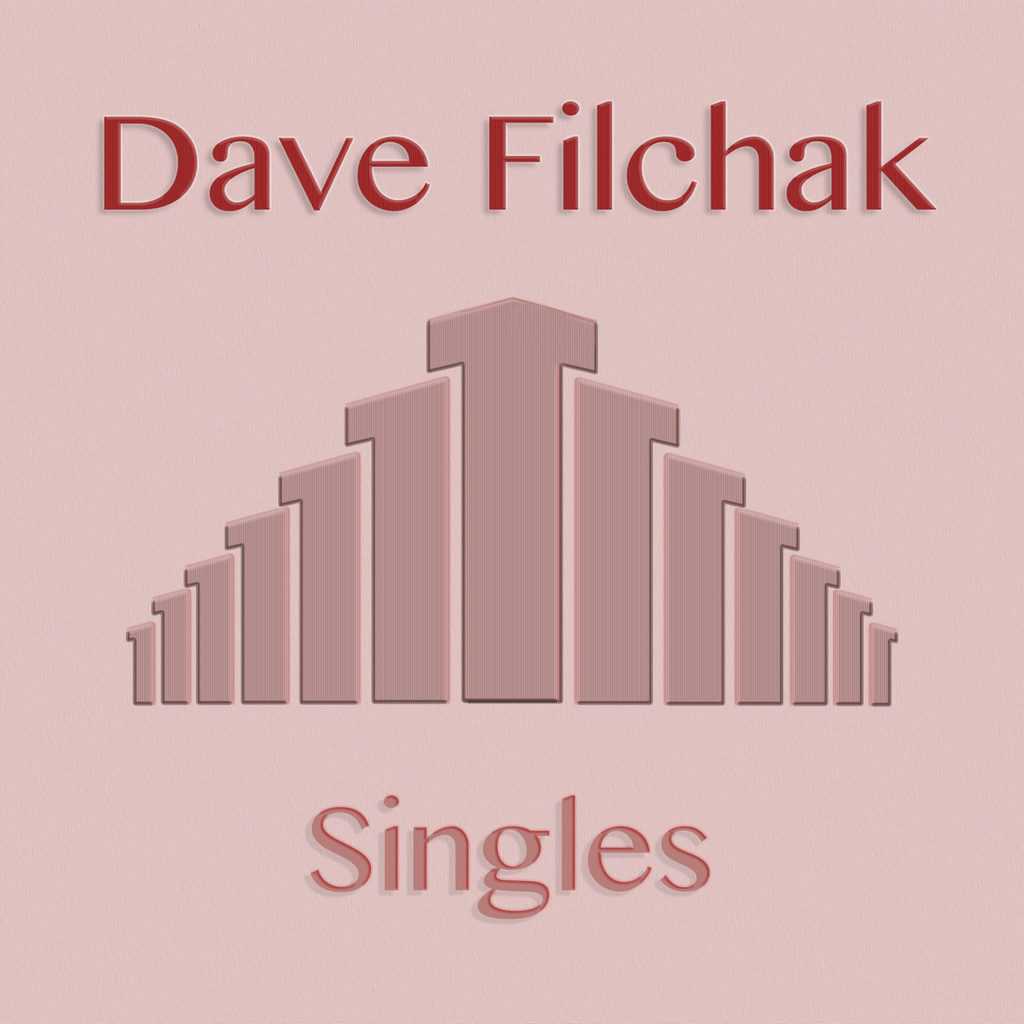
What in your opinion makes a good song, a good songwriter?
Well, there are so many styles of songwriter; and each one of them is valid. I think good songwriters respect the craft and also the work that they know needs to be put in to become a good songwriter. Some songwriters are just naturally great but most have to work at the craft to become good and possibly even great. But it takes time and dedication. But in either case, and in most cases, you have to learn to write for yourself, what you feel, what you believe.
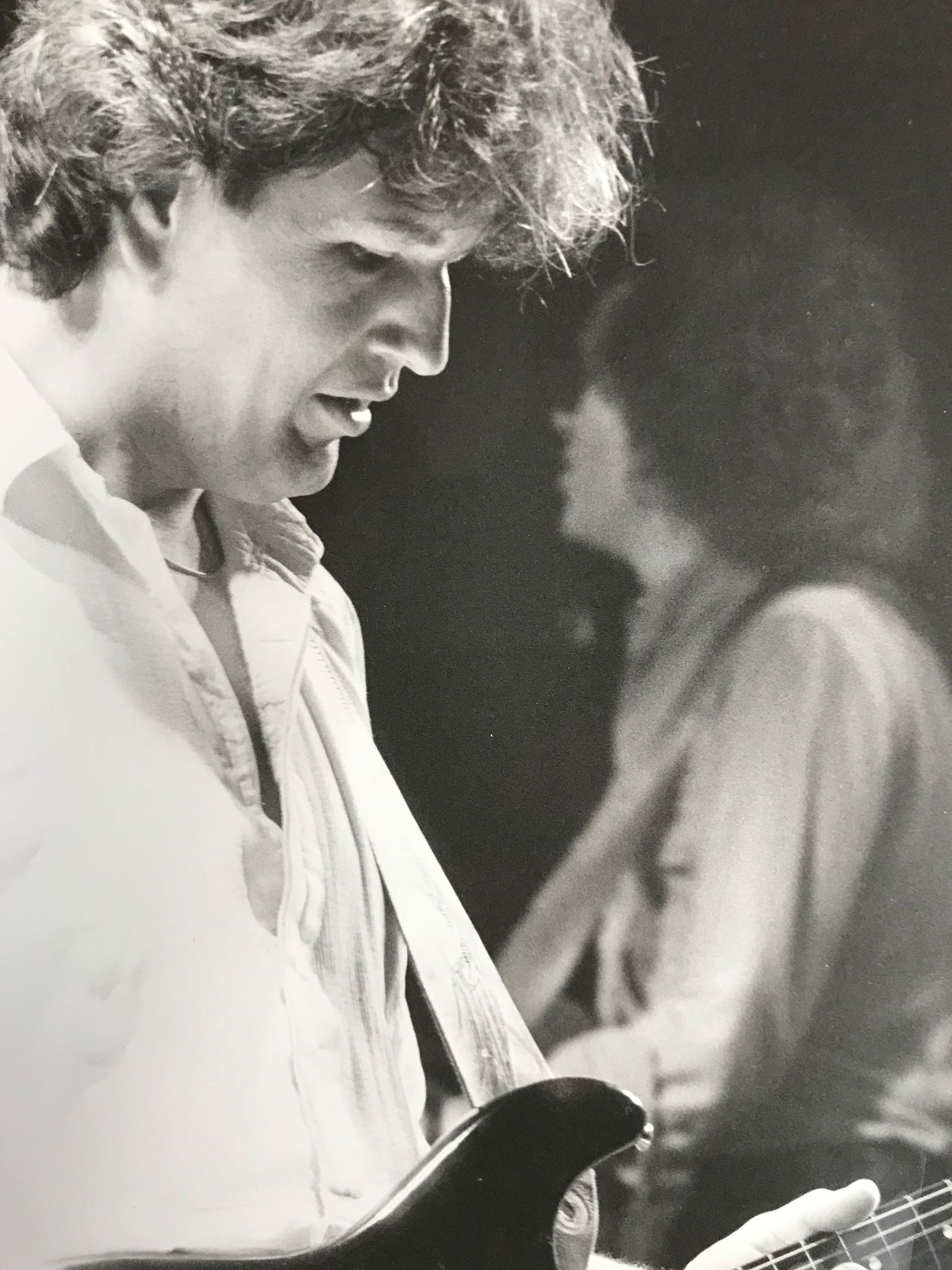
How do you usually approach song writing and did the process change for you during the years of being an active musician?
Well at this point in time, I am much more focused on the whole song right from the beginning than I was when I was touring constantly. Back in those days, I was touring ten months a year and so, song writing was done in more of a happenstance sort of way. We would get ideas when we had a chance to rehearse, or sitting around the hotel room or driving down the highway in the van. It was really great when we had a chance to take time off to actually write and record together with no other commitments. It just did not happen that often. We wrote when we could. It was not ideal from a pure craft point of view but was what we could do. And, usually in those days, a song started with some sort of groove and lyrics came later. These days, I treat it more as a whole, lyrics drive a melody or melody drives lyrics but I usually start from a specific idea about something I want to write about. I just keep putting parts down in my studio and working and re-working theme ‘till I can drag the song out of it all. Sometimes it comes easy and sometimes it comes kicking and screaming.
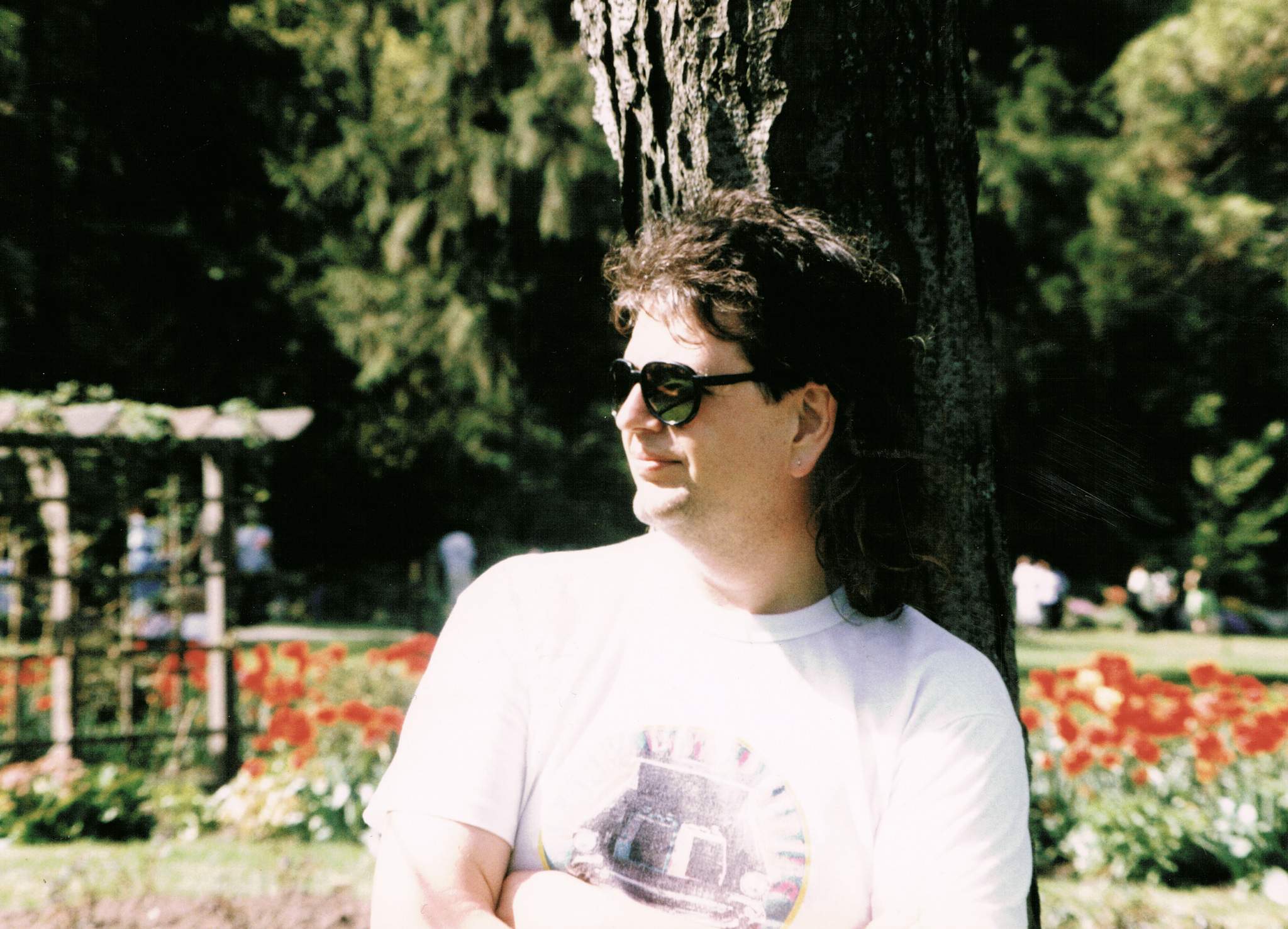
Do you enjoy collaborating with other songwriters?
Well, I do when it is the right fit for sure. I used to move back when I was living back on the west coast, in Vancouver, British Columbia. I worked with a few different artists back then and even going farther back to the 70’s. But it just seemed that in most “band” type situations, there may have been two or more writers in the band but they mostly wrote apart from each other. I think there was more “competition” back then, in band situations. When the song came to the band, then the members contributed via the arrangement. When I moved to Toronto, I was still under contract with Aquarius/Capitol and their publishing people paired me up with a few of their stable writers but nothing really came of it. It was interesting but ultimately not productive. And then, obviously, while I was teaching and not writing much, I was working alone. I am certainly open to it though, if the right fit was there. I think it is a good thing to do if the fit is right.
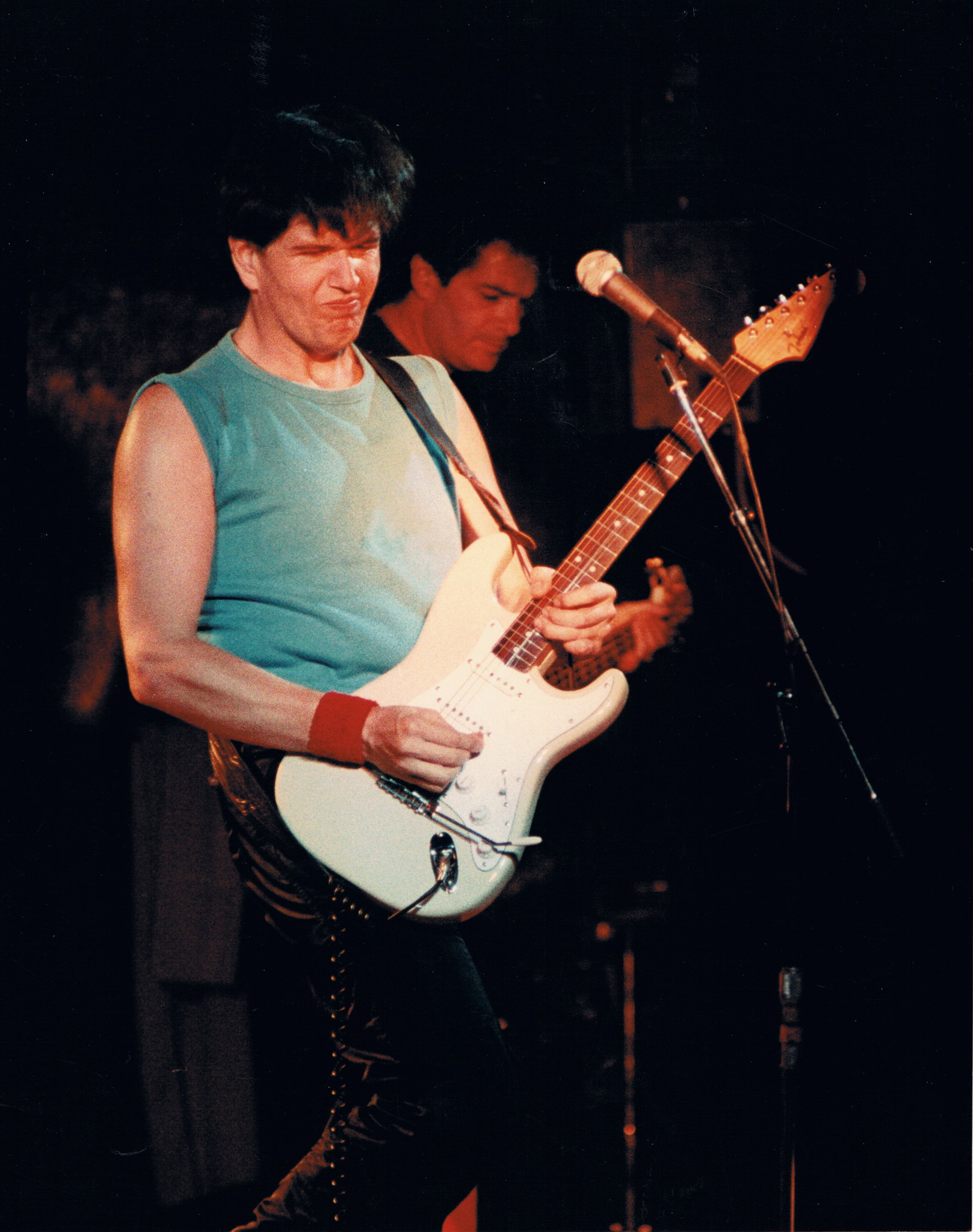
There’s a big-time gap from the 80s until now, can you fill it with activities you did?
Well, as I alluded to previously, after Sharp Edges, I played around British Columbia and metropolitan Vancouver for a couple of years but then decided to move to Toronto. When I arrived there, I stayed with the bass player from Sharp Edges, Dan Zimmerman. He happened to be working at Steve’s Music Store, which was an iconic old school music store. He got me a job there and I ended up being the assistant manager (can’t help taking control I guess) and stayed until I suffered a serious knee injury and was off work for over a year. When I finally went back, I decided it just was not for me anymore. But, during my time at Steve’s, I partnered up with the guitar player from Mashmakhan, a well-known band out of Montreal in the 70’s. His name was Rayburn Blake. We opened a recording studio and did various artists from around Ontario. I was writing quite a bit at that time as well and have released a number of tracks from that time period. I also began programming multimedia kiosks and building web sites, network programming, and live streaming media. Keeping busy for sure, you know, paying the bills. Then in 2004, a colleague of mine whom I had worked off and on with for several years talked me into coming to teach at Seneca College. I ended up teaching there until 2016. I really did enjoy teaching. That kind of surprised me.
Circa 1978-79 we also formed a band called Oddio. Members were Dan Dubé on piano and vocals, Wayne Cropley on bass, Tom Callaghan on drums and vocals and me on guitar and vocals.
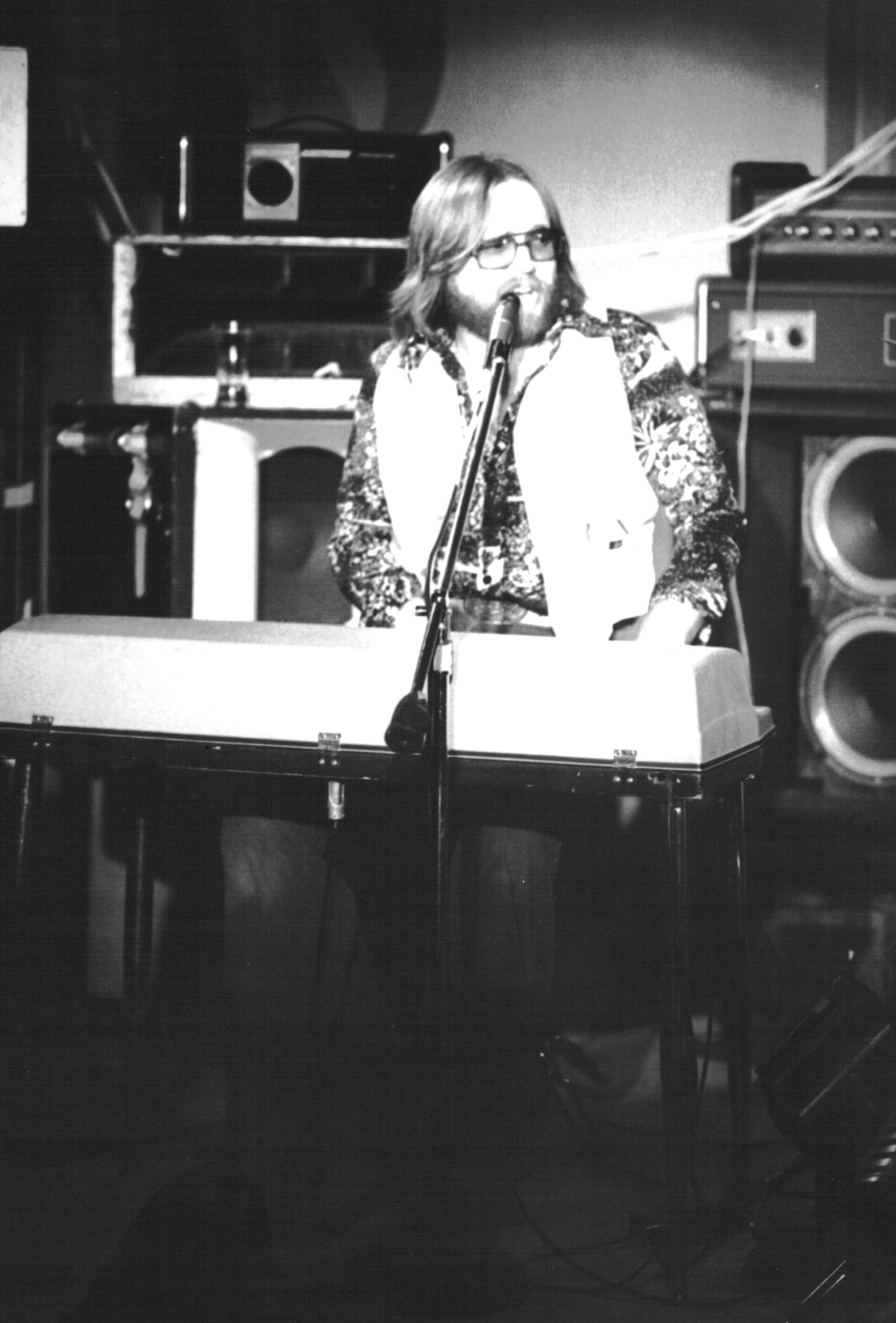
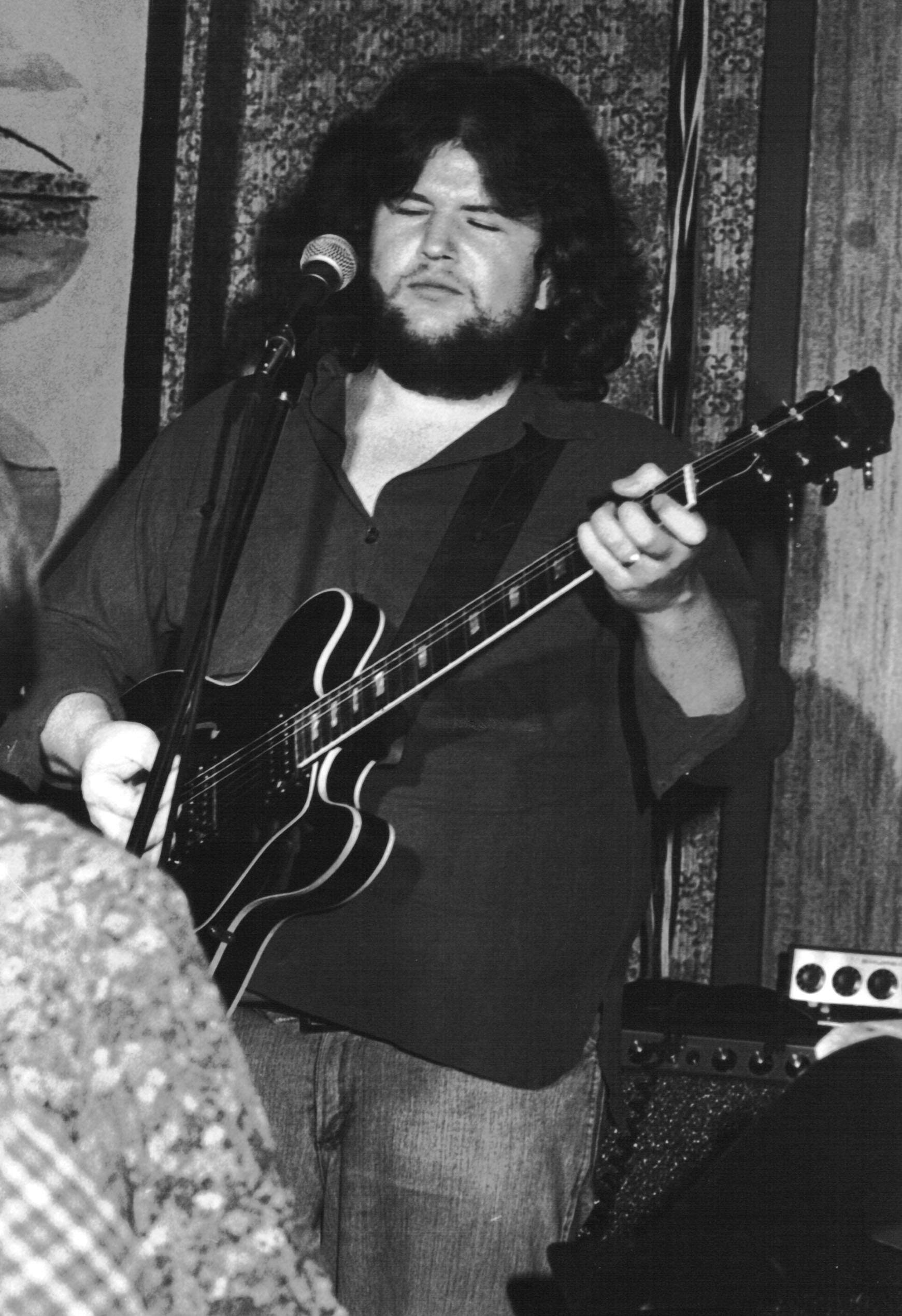
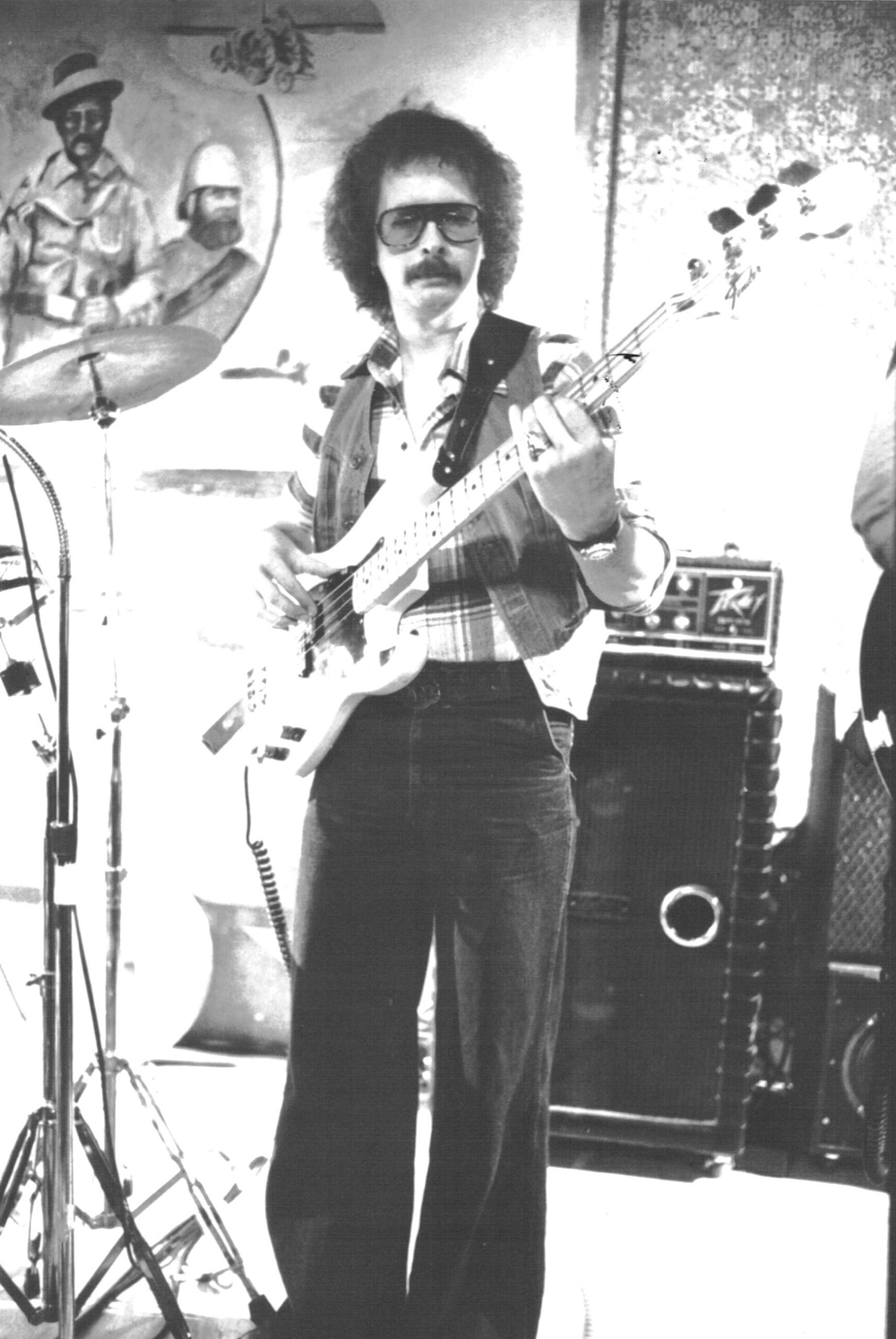
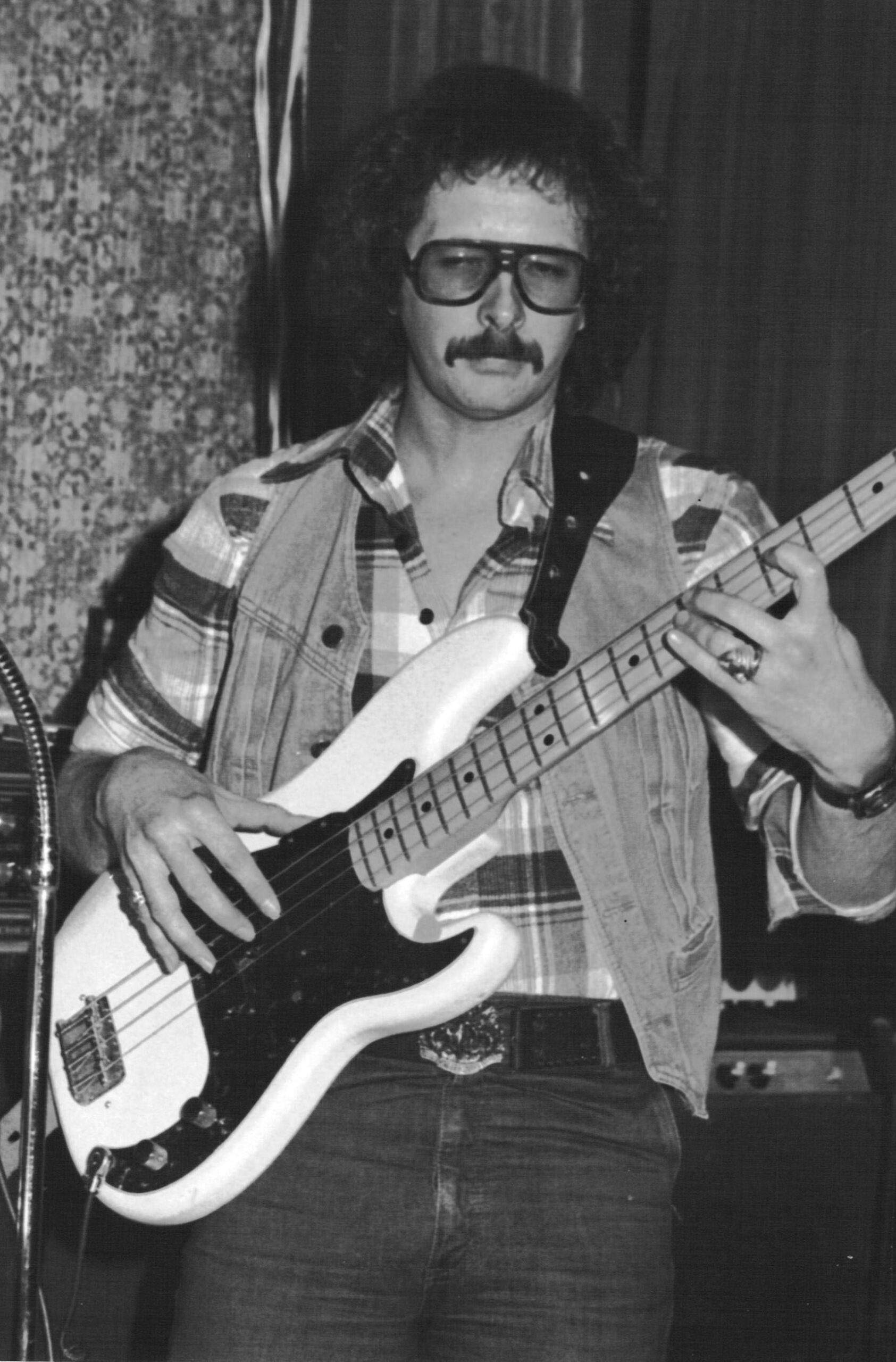
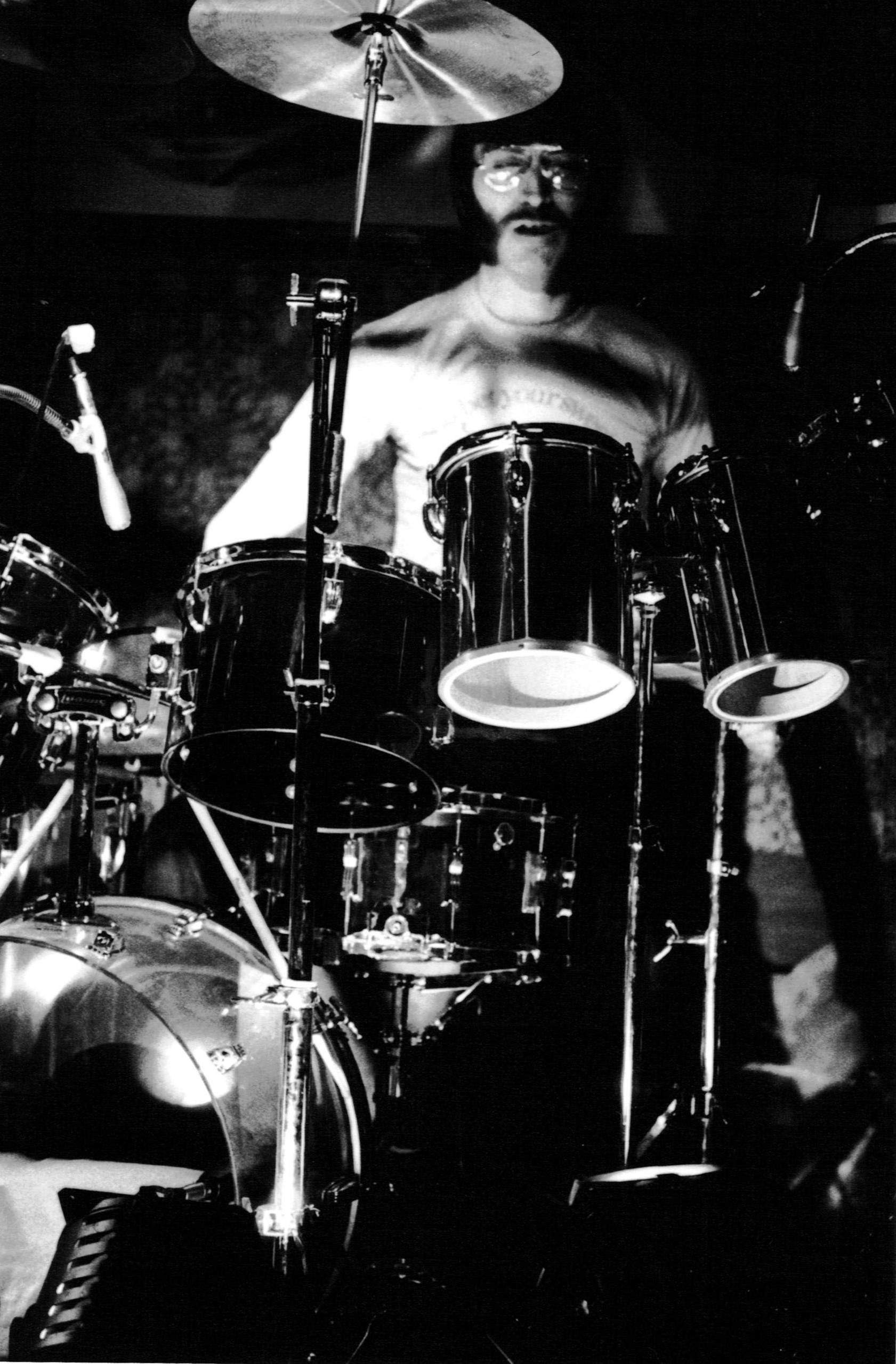
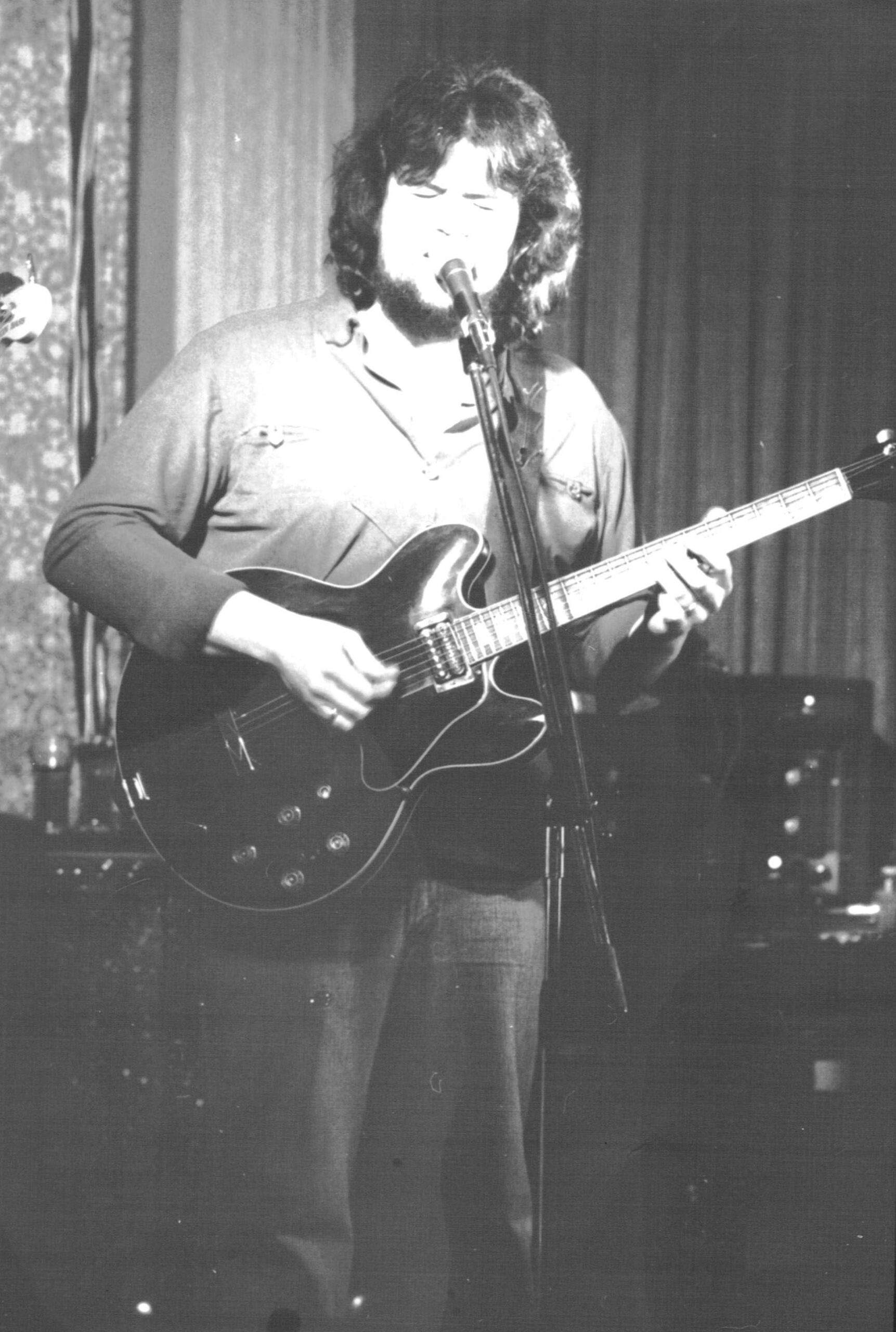
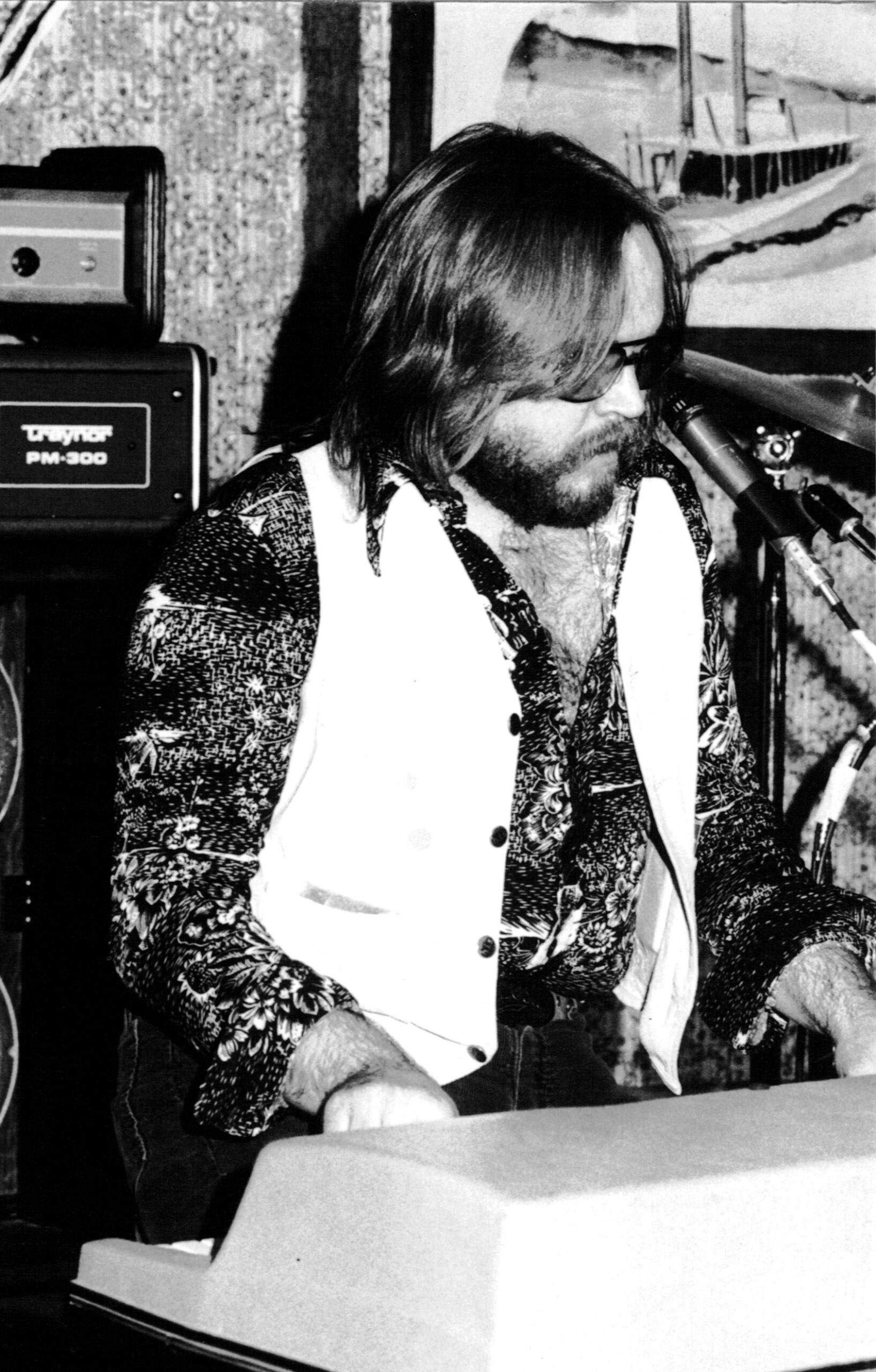
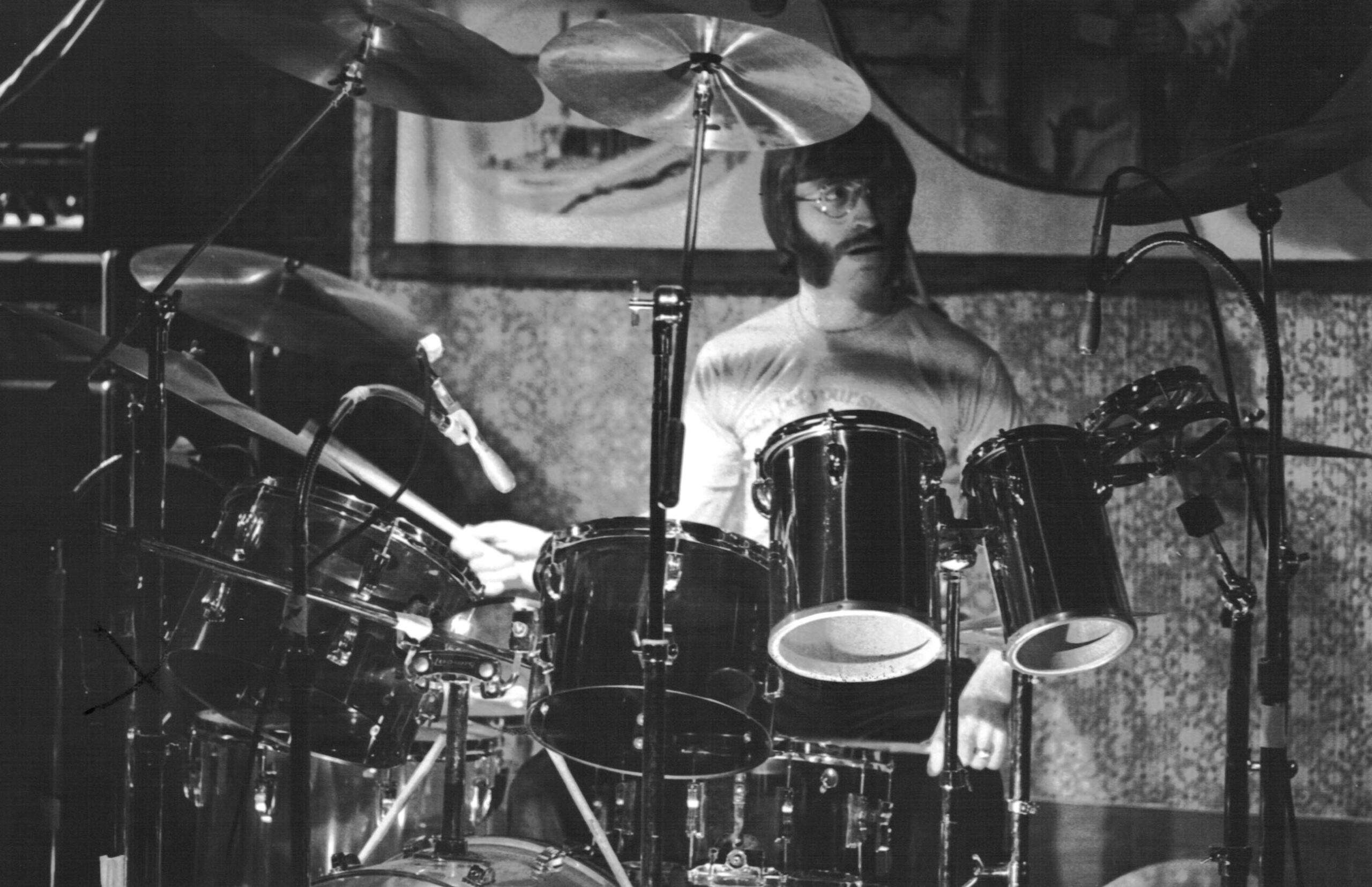
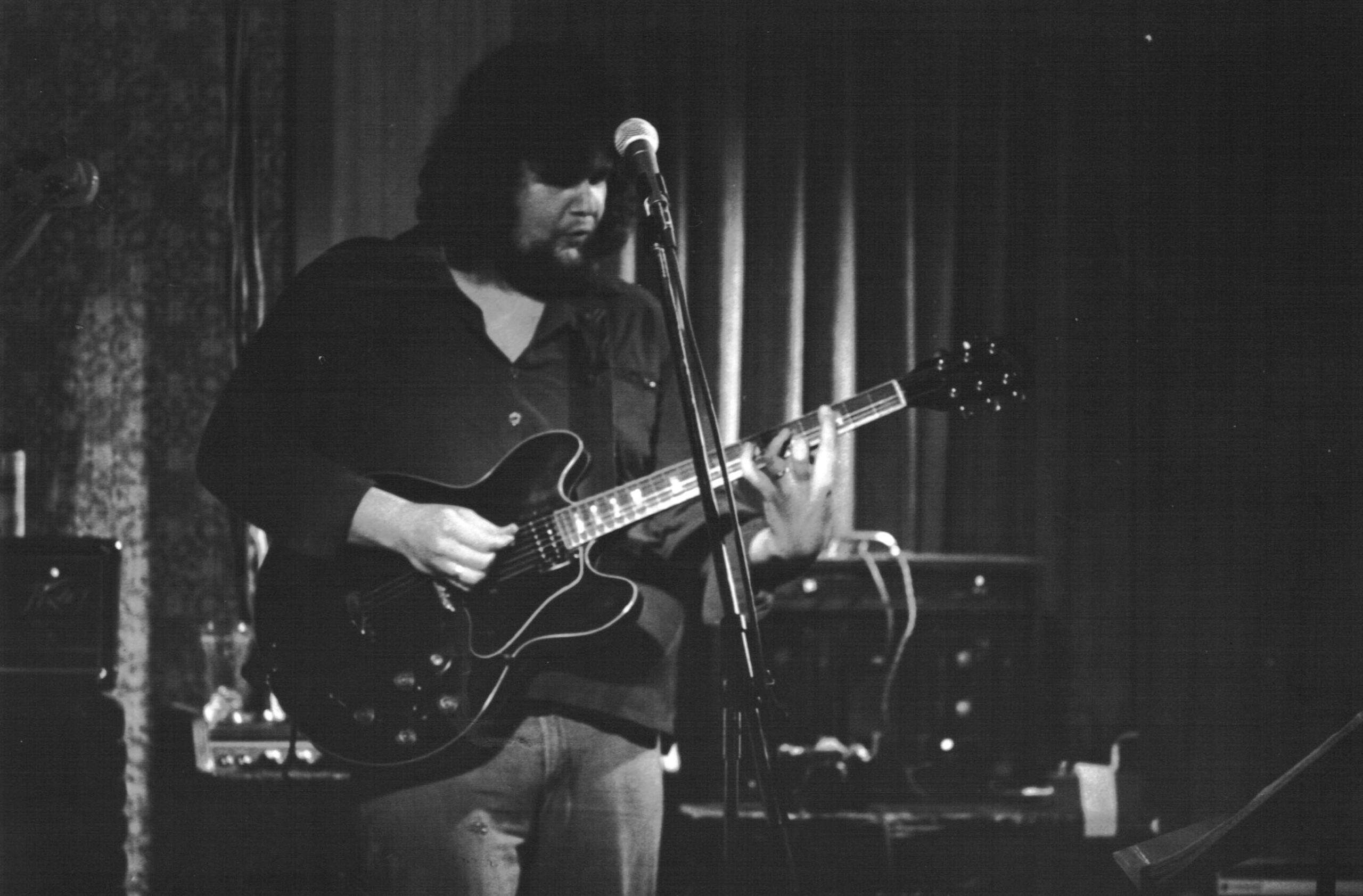
My old and dear friend, Dan Dubé and I started a duo The Magnets using backing tracks and Dan on keys and myself on guitar. Both singing. We were a good duo and we managed to play quite a bit around the lower mainland of Vancouver and of course, on the island.
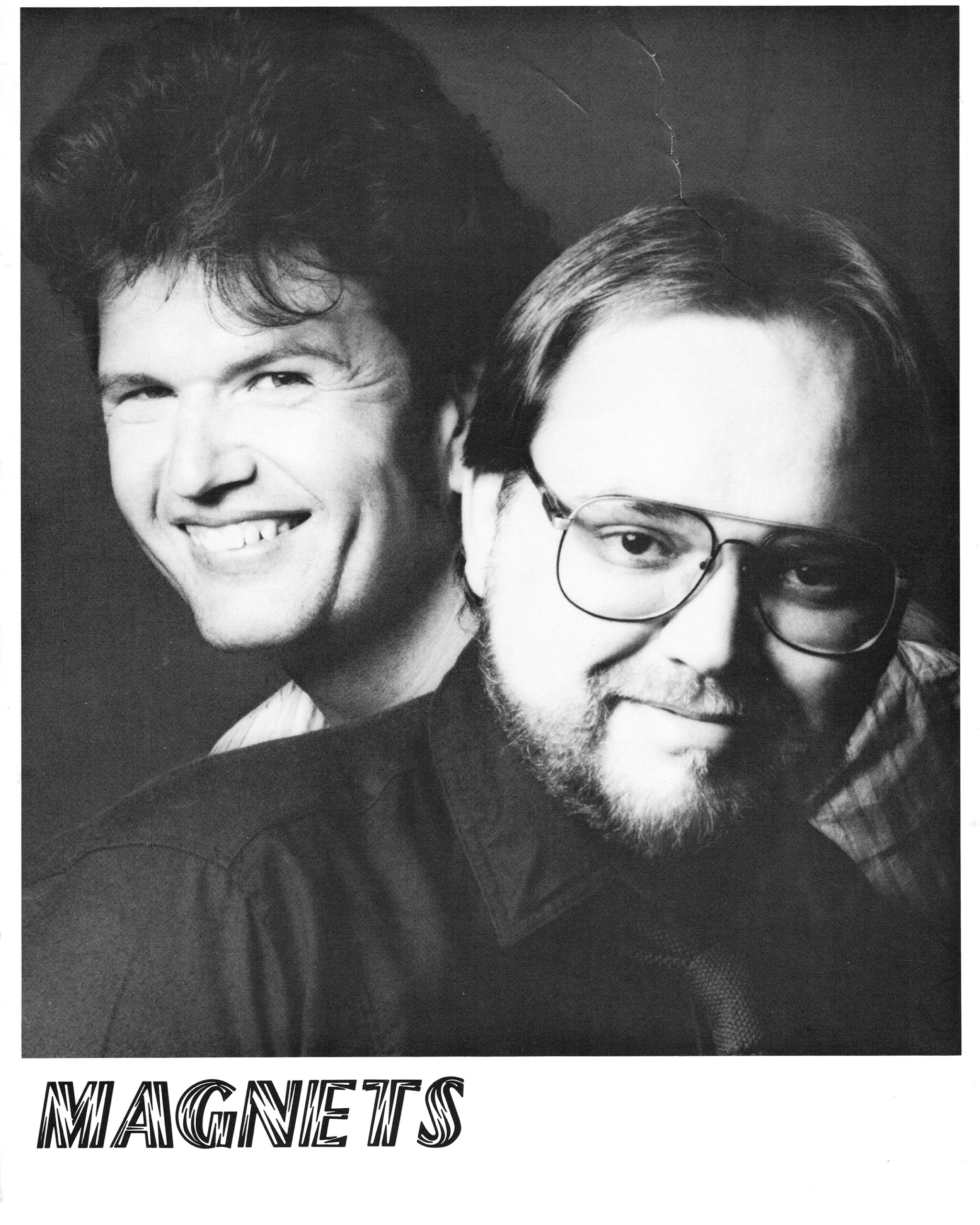
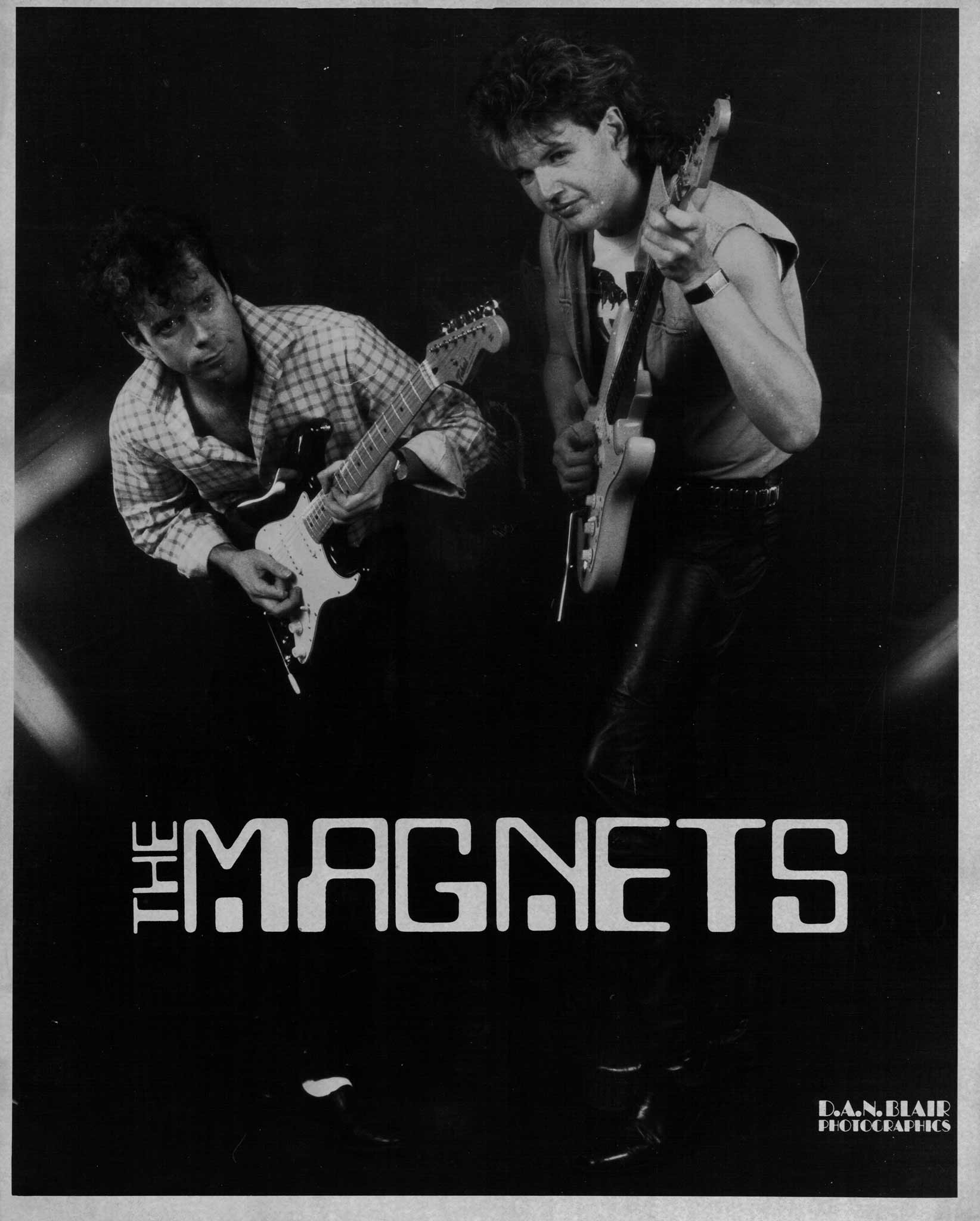
I would love to hear about the making of your debut solo album, ‘Livin’ On Laughs’ which was followed after the departure of Sharp Edges, a fantastic AOR band. Would you like to share some of the strongest memories from recording and releasing it?
Well, in actual fact, ‘Livin’ On Laughs’ was written and recorded after Moses broke up, before I joined 44 Band, which later became Sharp Edges. I moved back to Southern Alberta from Los Angeles in 1978 and got married to my first wife. We bought a house and I built a recording studio in the basement of a local music store called Southern Sound. We got pretty busy in the studio, recording local artists and travelling artists passing through, radio spots et cetera. In amongst all of that, I wanted to record an album of songs I had been working on but never brought to Moses. These were different types of songs than Moses was doing.
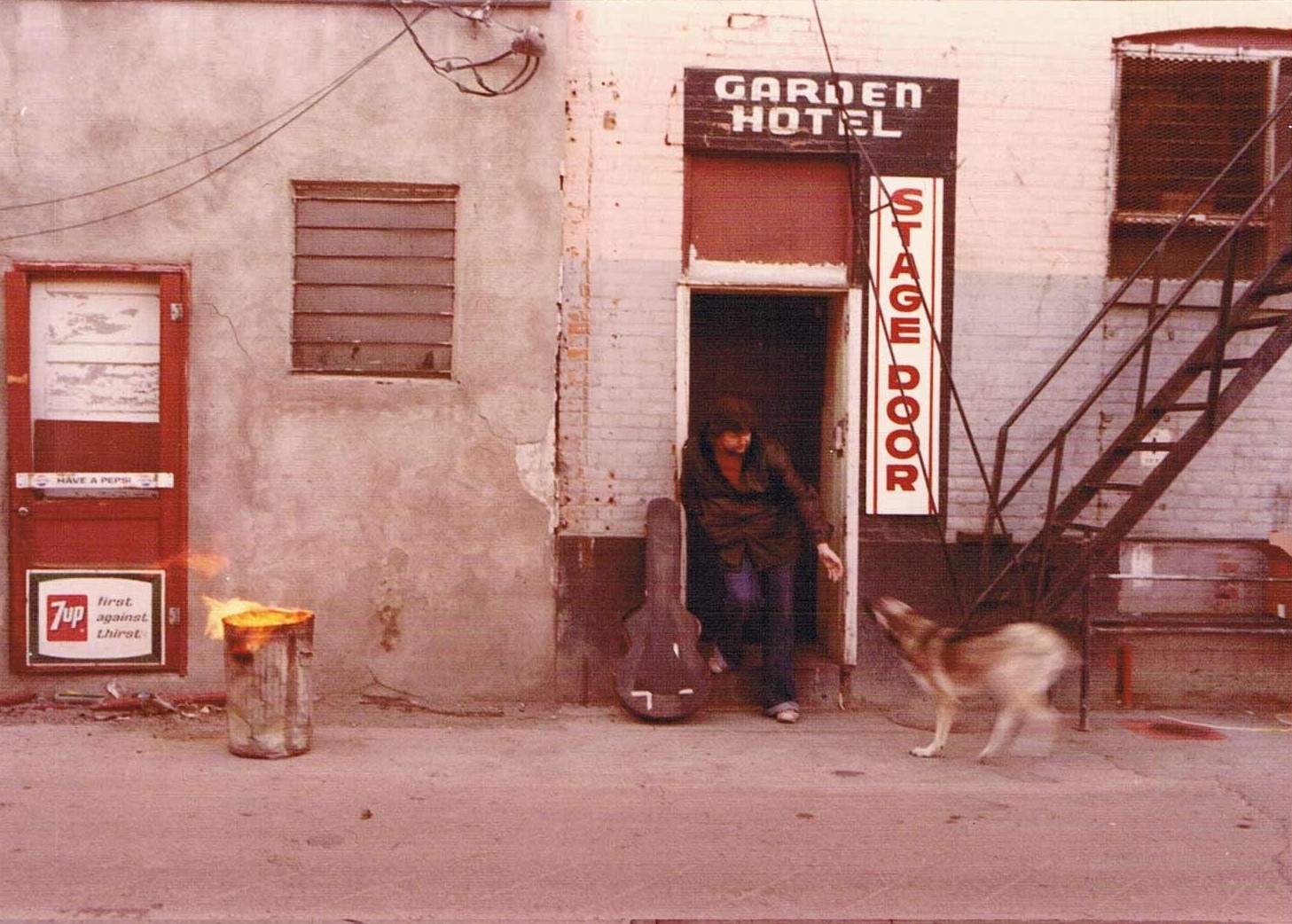
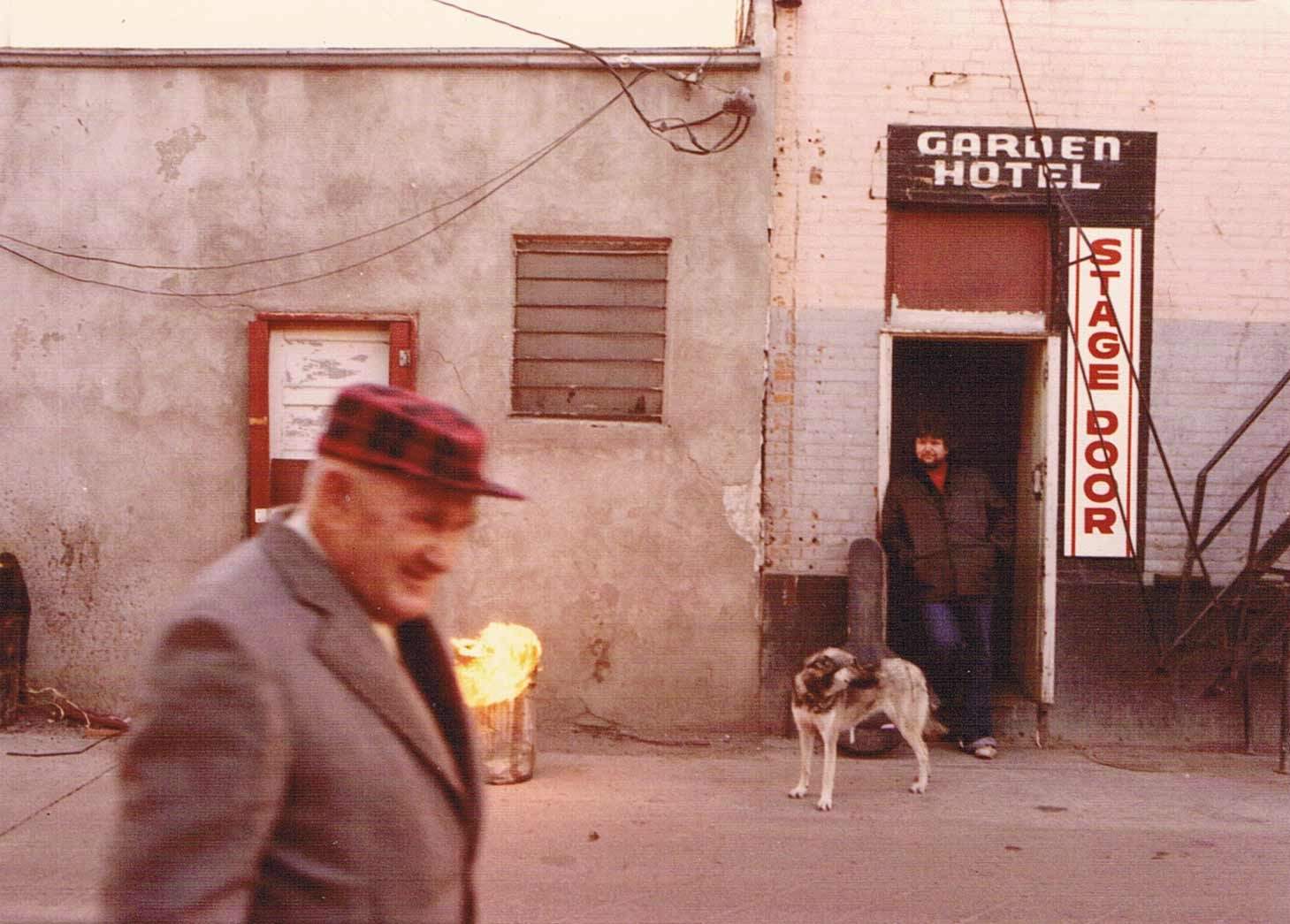
So, I rounded up some of my friends, who happened to be some of the best players in the city and also a few from out of town and we recorded the basic tracks over a week or so. Just playing each song like a band–all together in the room. I did vocals and overdubs and backing tracks, and then mixed over the next two or three weeks.
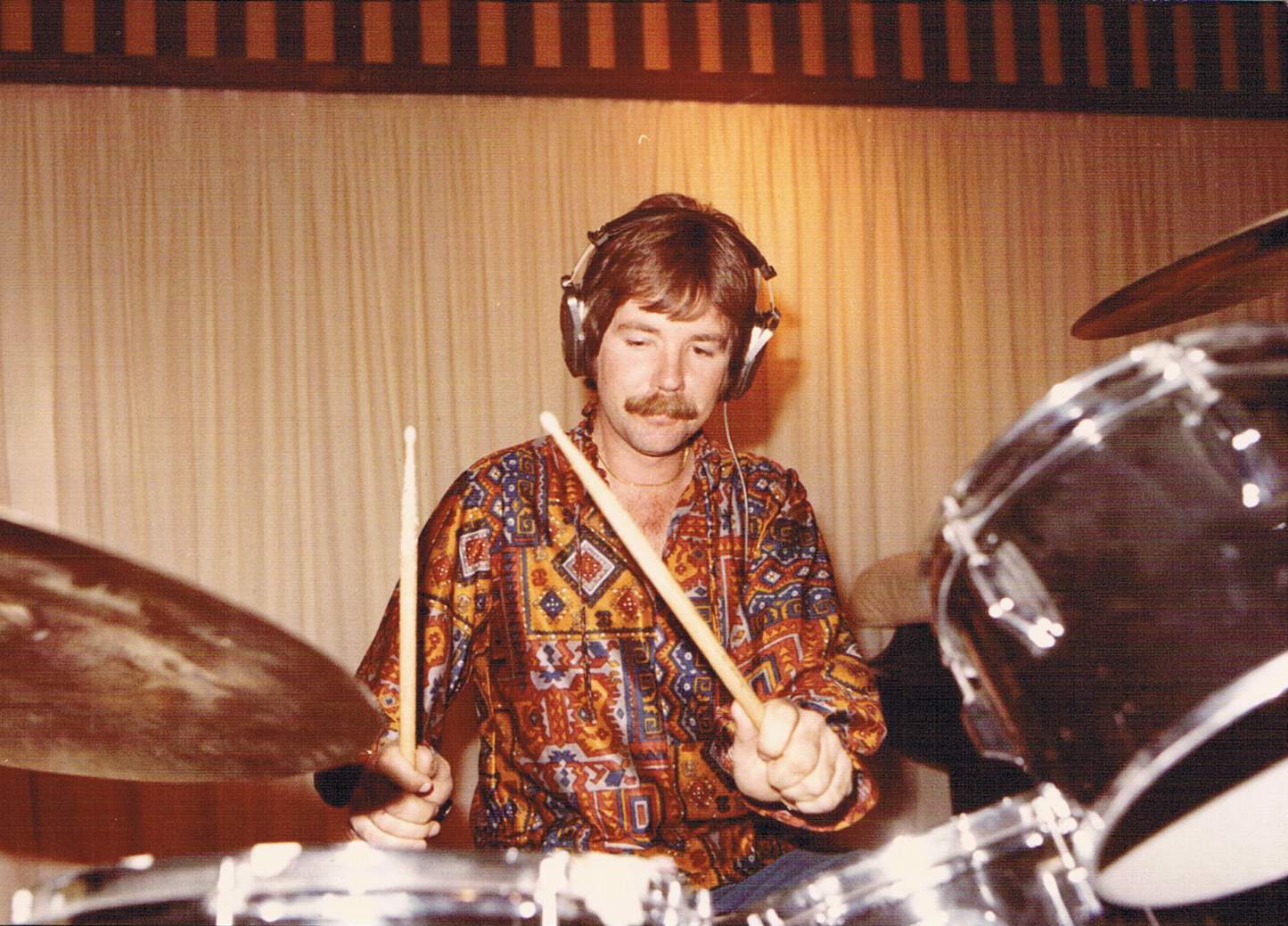
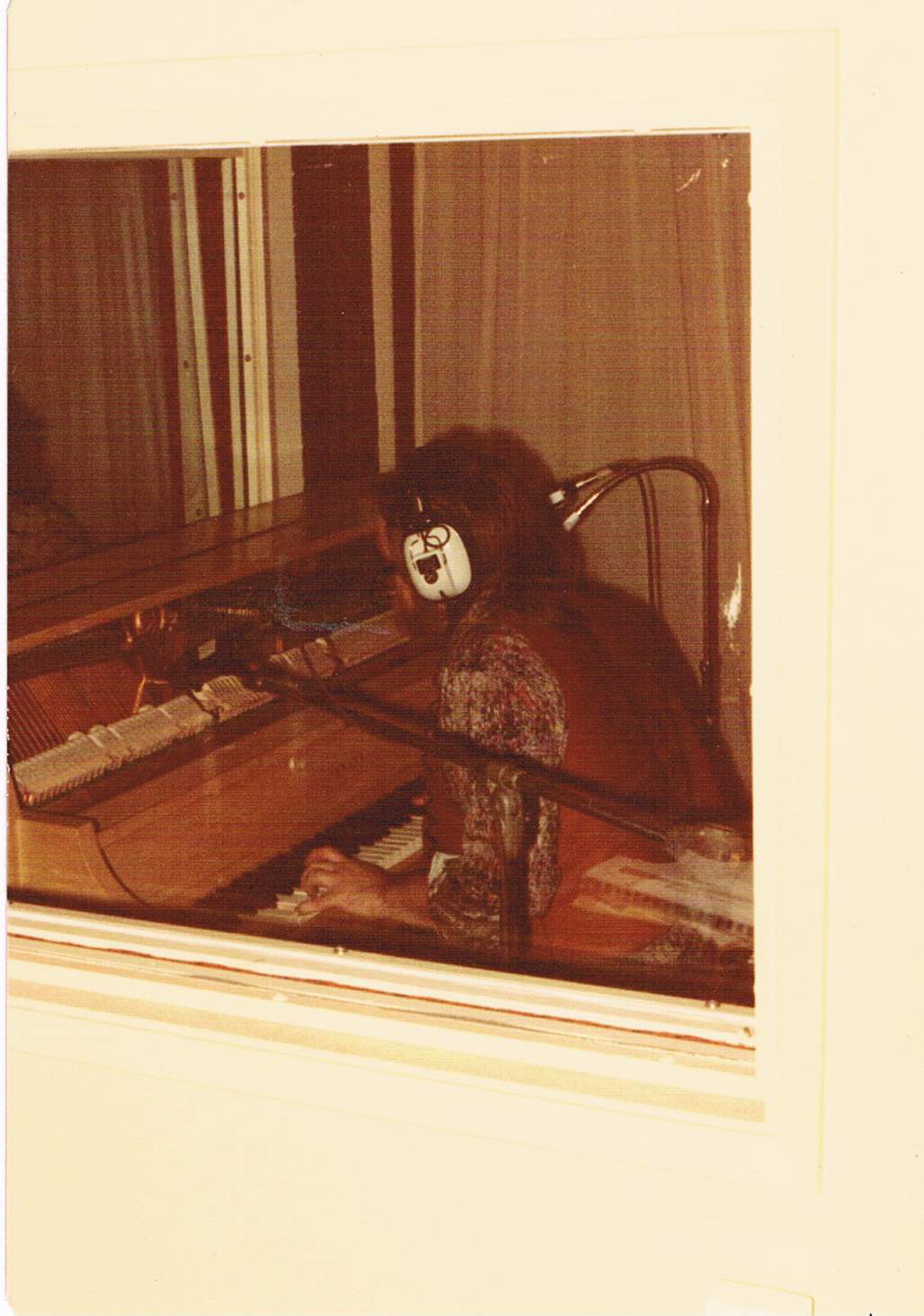
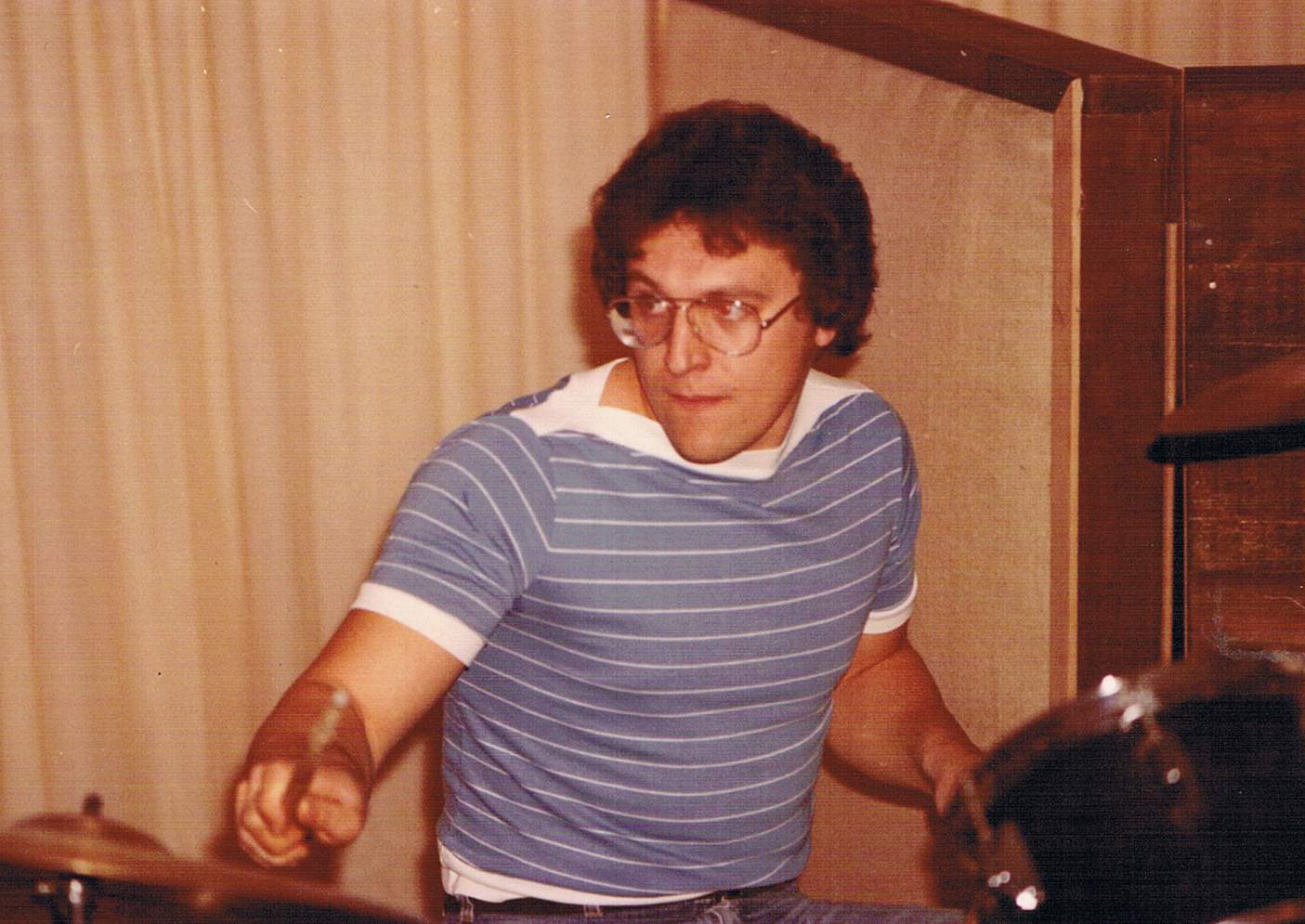
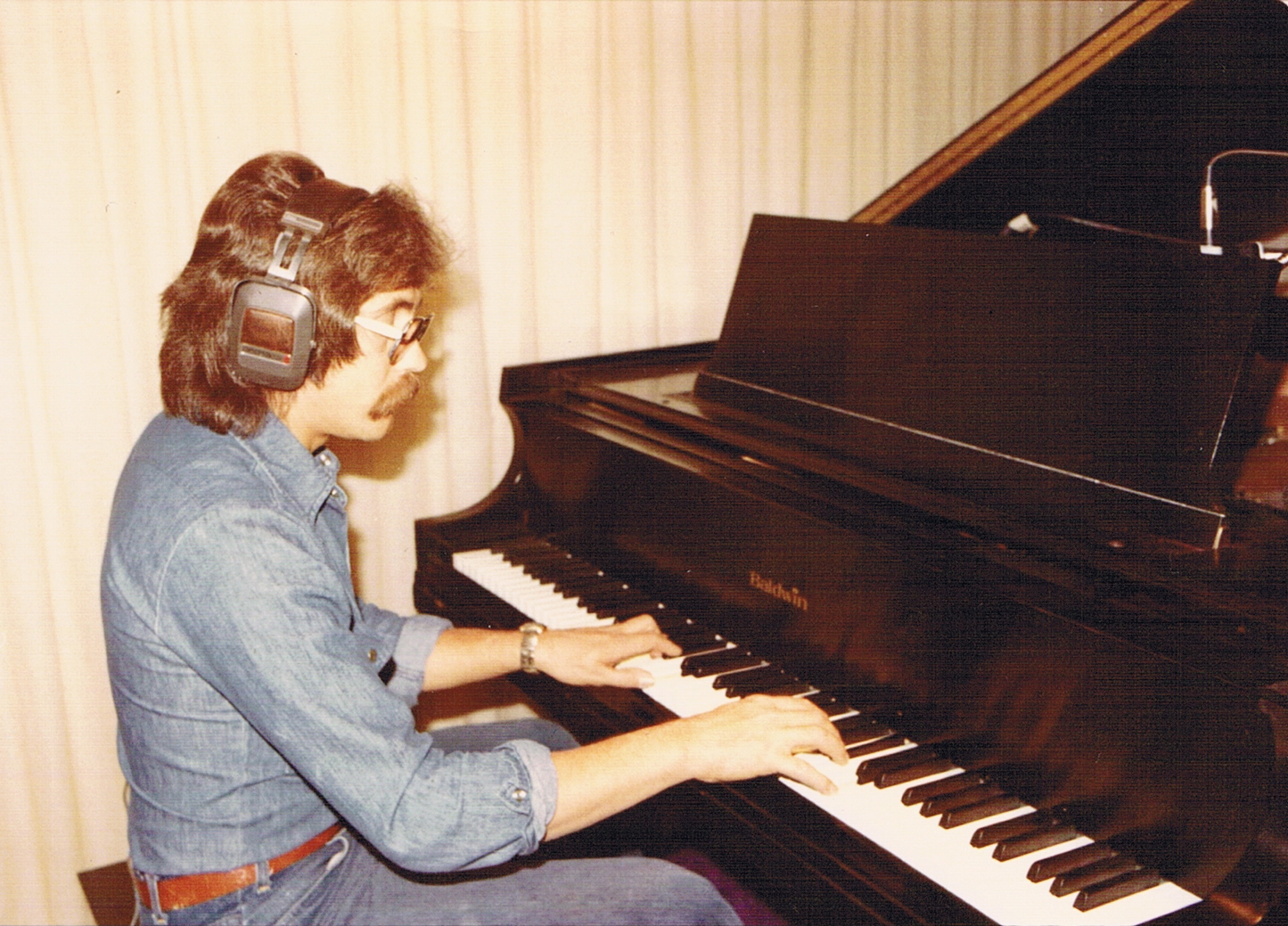
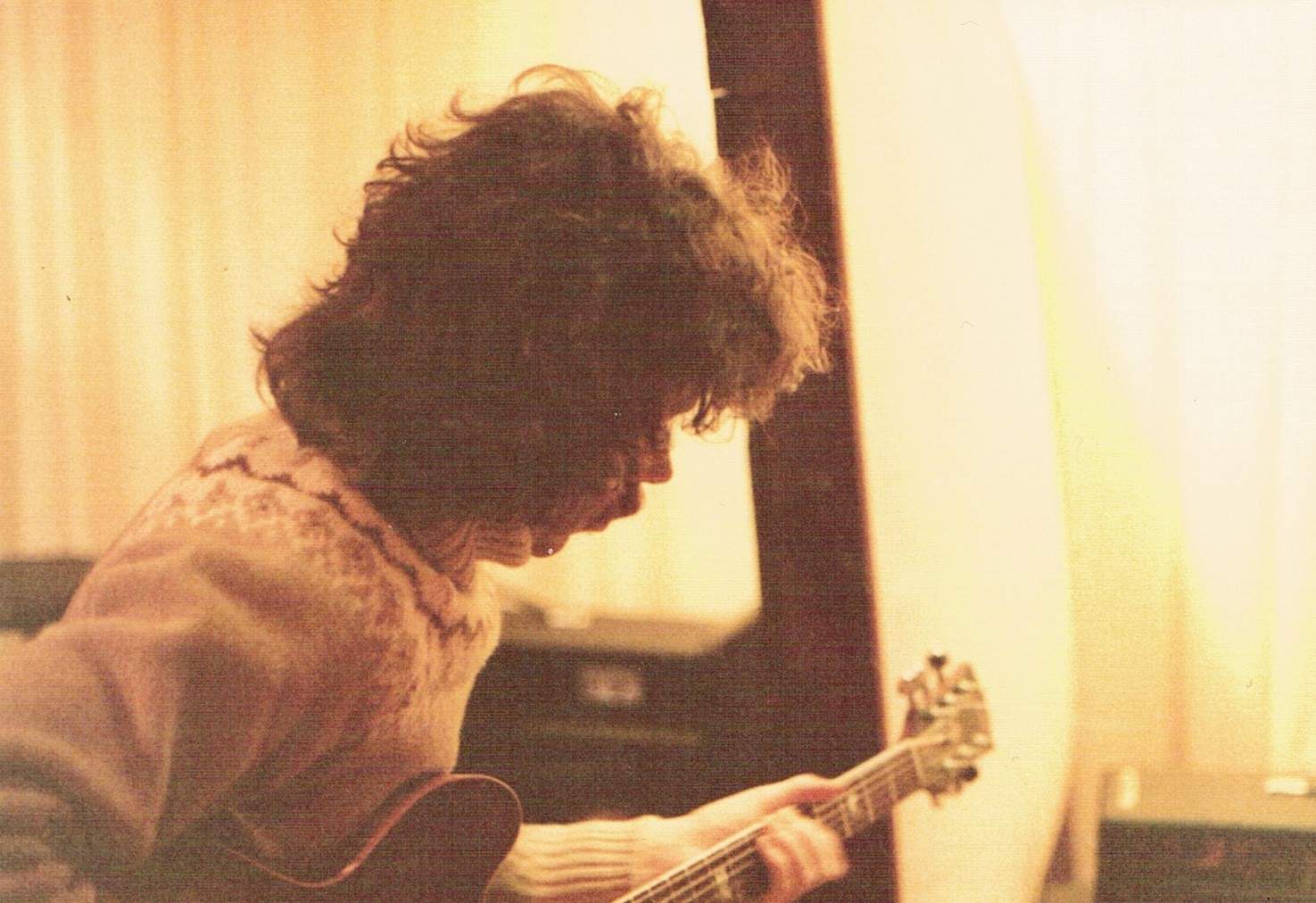
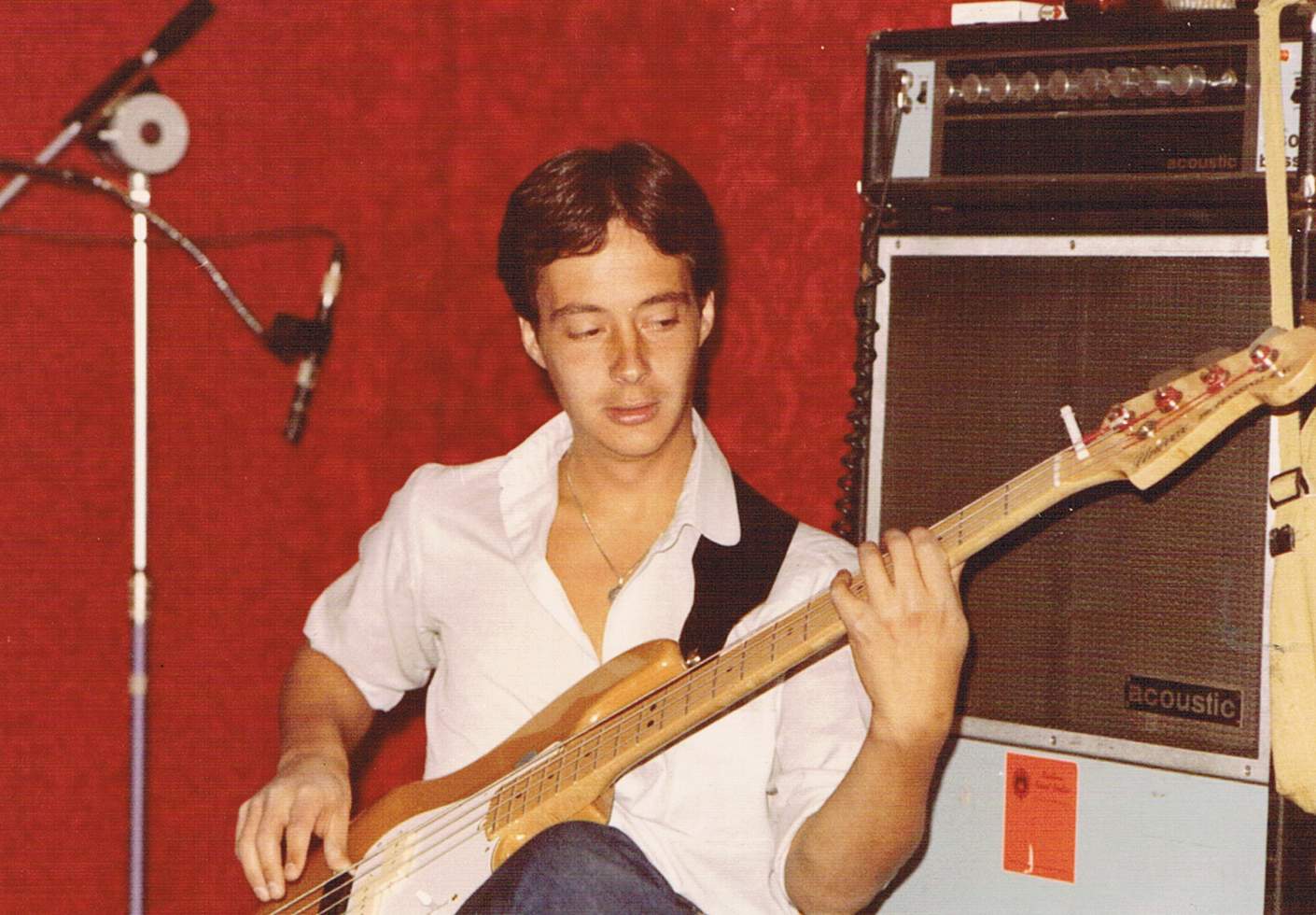
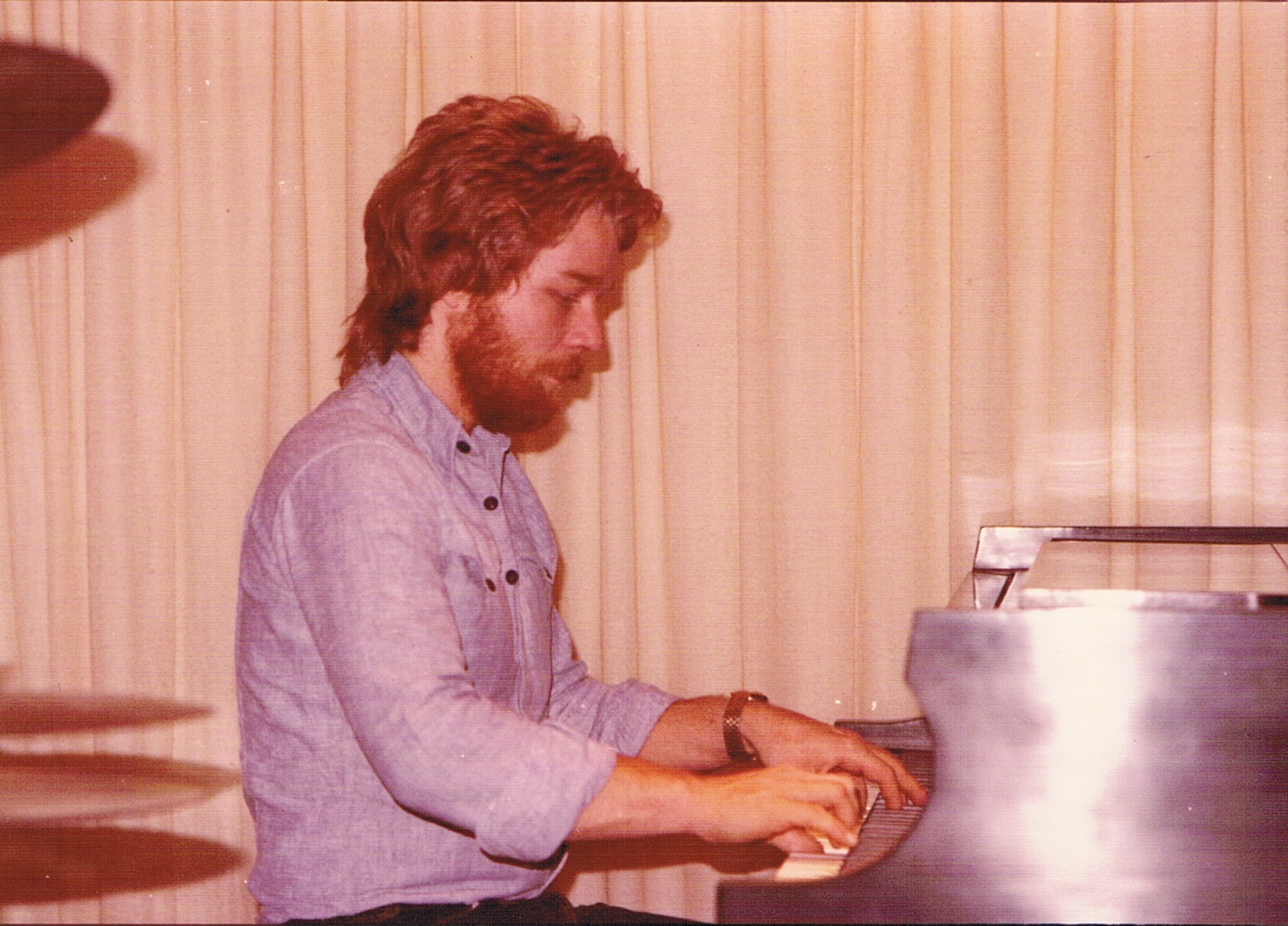
It was a blast working with these players and singers. People I grew up with, all really good players and more importantly, really good people.
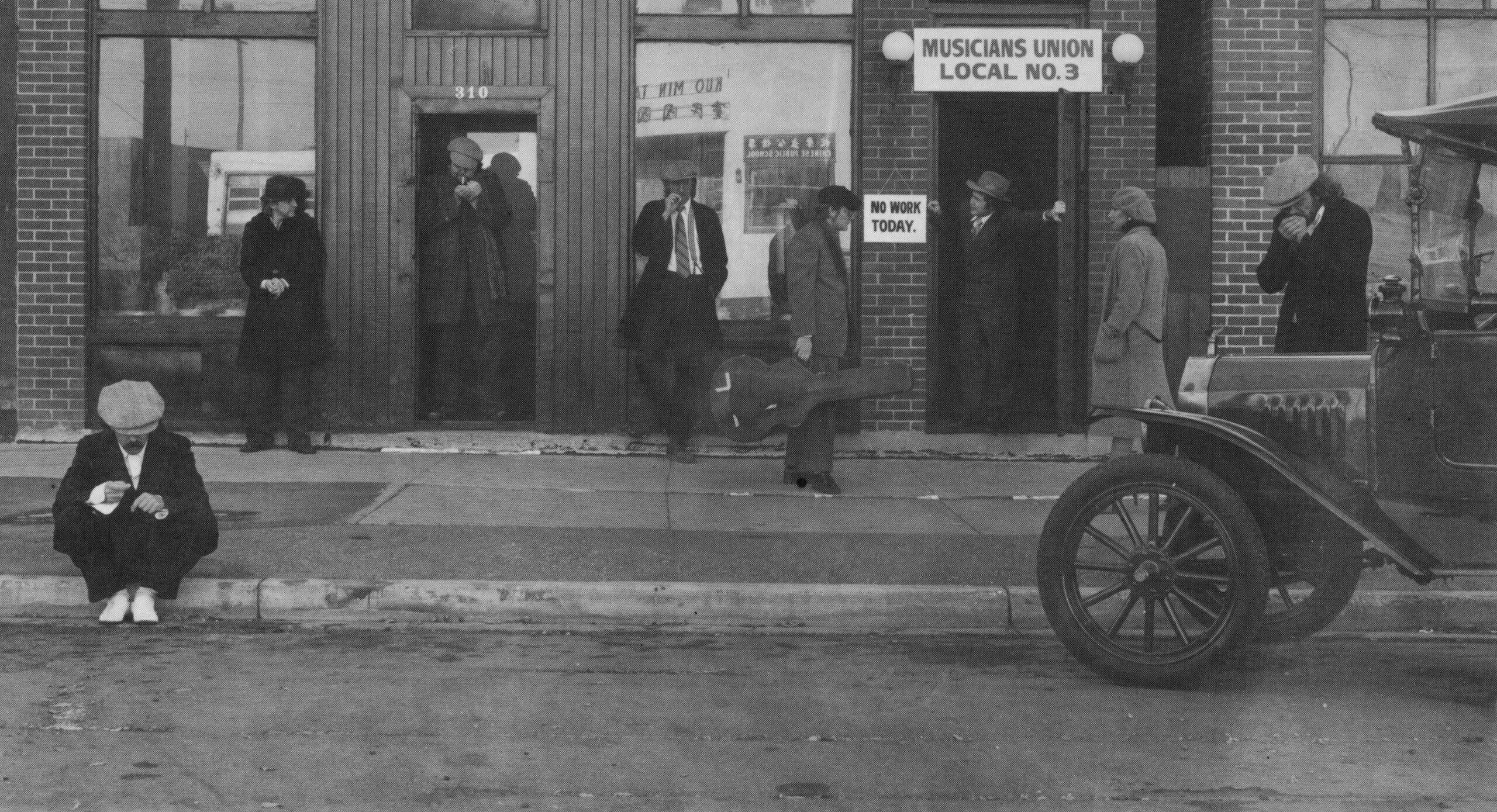
Did you do any solo gigs playing your material?
Well yes, not under my own name actually. I was with a band at the time called Billy Nichol and we played quite a few of the songs off the album. Then when I moved to the coast, I played some of that material live there as well … with Sharp Edges.
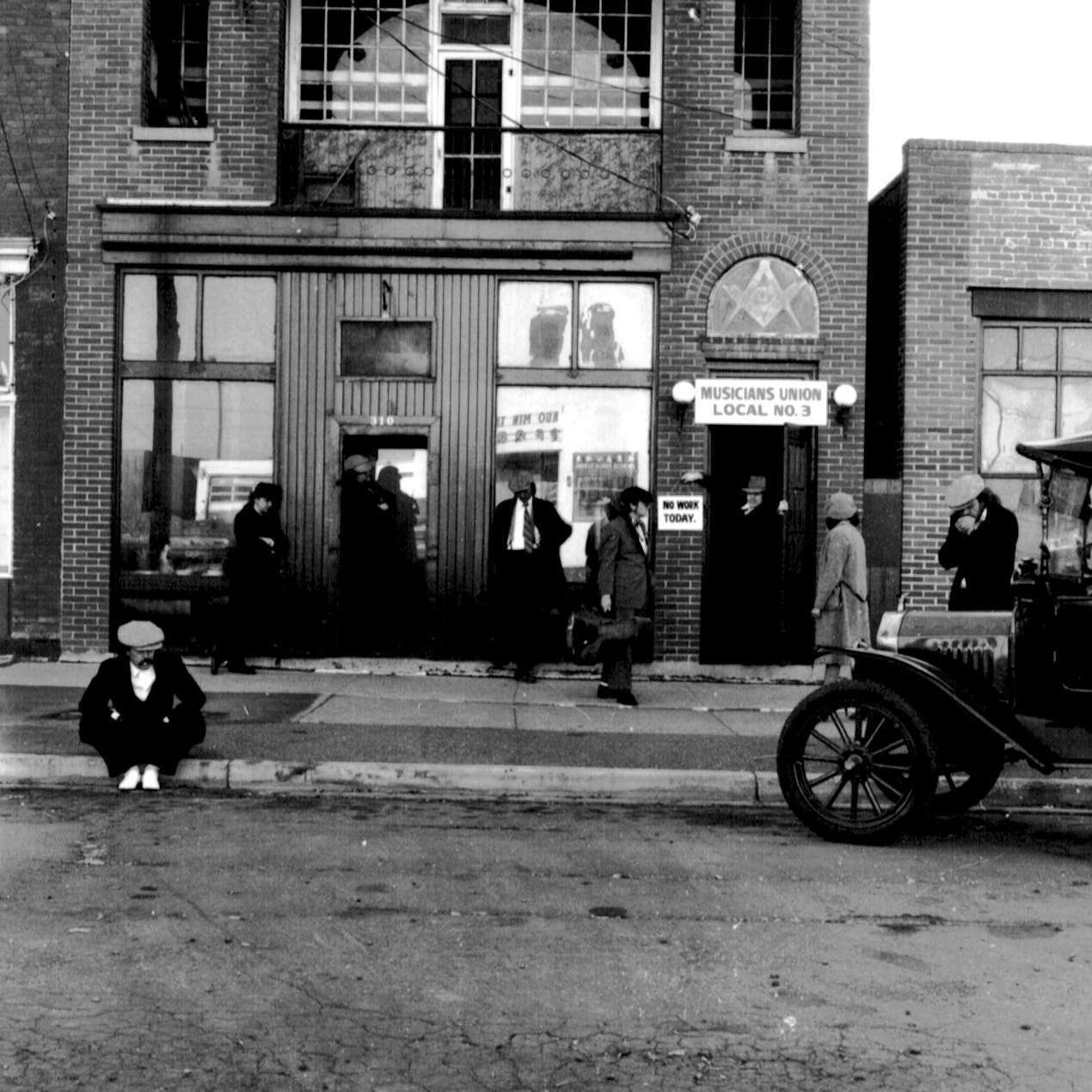
How did Sharp Edges form?
Well, when I moved to Vancouver on the west coast of Canada, I was just gigging around the lower mainland and Vancouver Island. Blues, country, rock …. whatever gig was available. It just so happened that I had met the bass player from Charity Brown (an artist from Montreal) back in Alberta where I was doing a live radio broadcast for a local radio station. Turns out, he ended up in Vancouver and had hooked up with the old drummer from a band called Fosterchild and the bass player/guitar player from a great Edmonton band called Willie and the Walkers. They were putting together a rock band and were looking for another guitar player. Dan Zimmerman, the bass player, recalled that I had moved to the city, found out where I was gigging and they came out to see me play. Funny story though, I was playing with an R&B act at the time and we were at a club called Rohan’s. Small stage and I was playing a big old Barney Kessel jazz guitar, stuck entirely behind a big pole at one end of the stage. Not sure how they even saw or heard me but apparently, I was good enough. Joined up with these really great players and named the band 44.
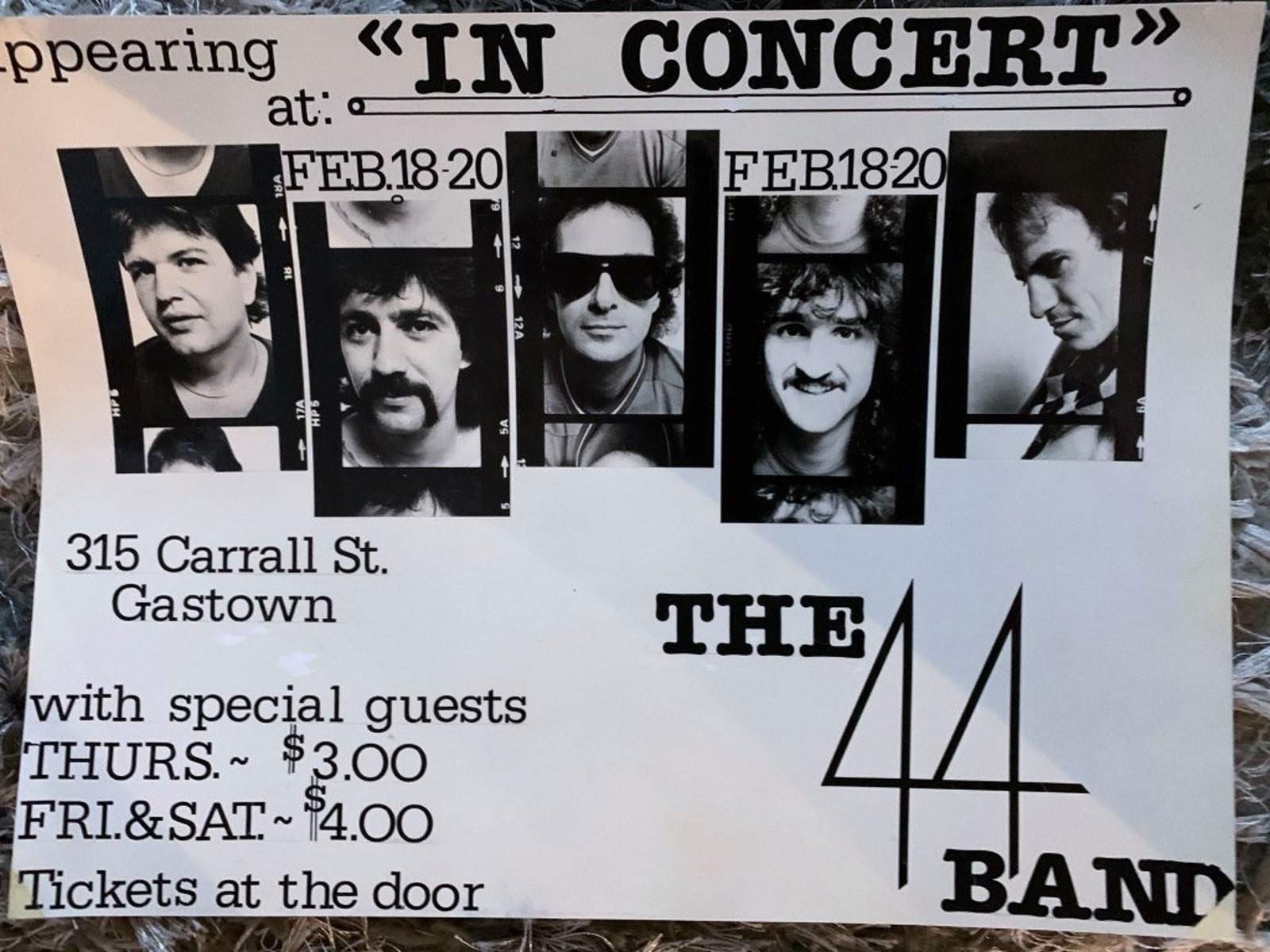
Added John Webster on keyboards (ex Stonebolt) and away we went. Eventually, the original drummer had to leave for personal reasons and Webster left to pursue other interests. So, we added George Klimow on drums, who was a drummer I was playing with back in Alberta before coming west and Tom Lang on guitar. We signed with Aquarius Records, which was April Wine’s label and they changed the name to Sharp Edges.
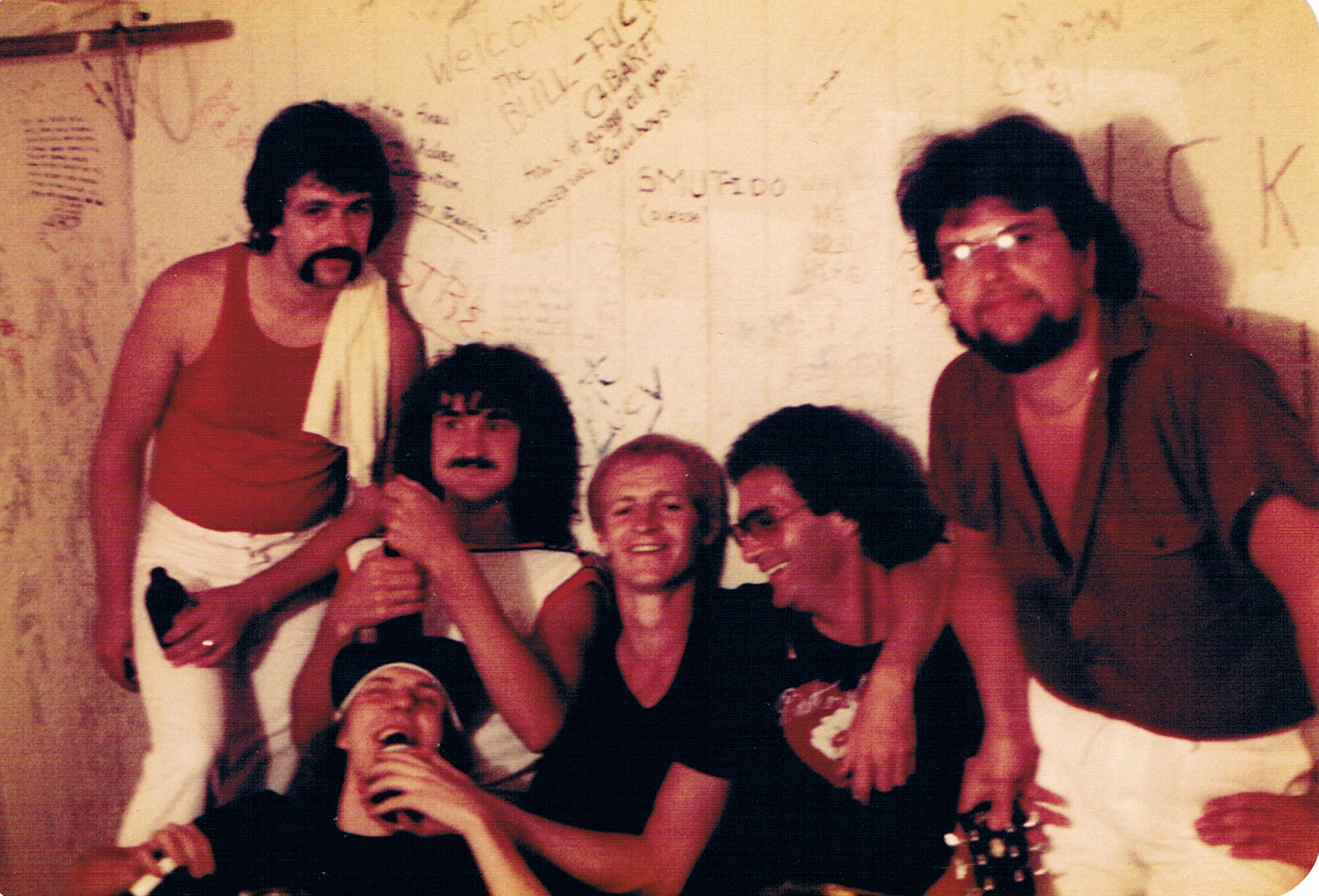
Tell us about the only recording available. Where did you record it?
The album was recorded at Mushroom Studios in Vancouver, again on the Aquarius/Capitol Records label, and was produced by Ed Stasium (Ramones, Talking Heads, Motorhead, Smithereens, Living Color).
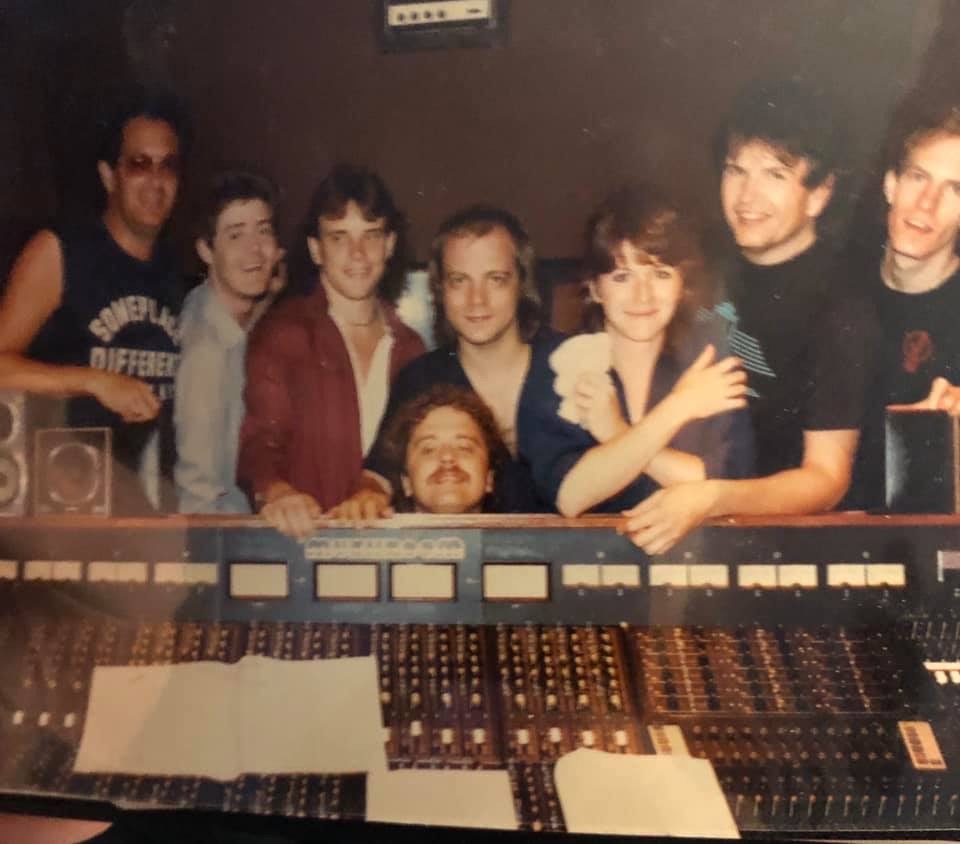
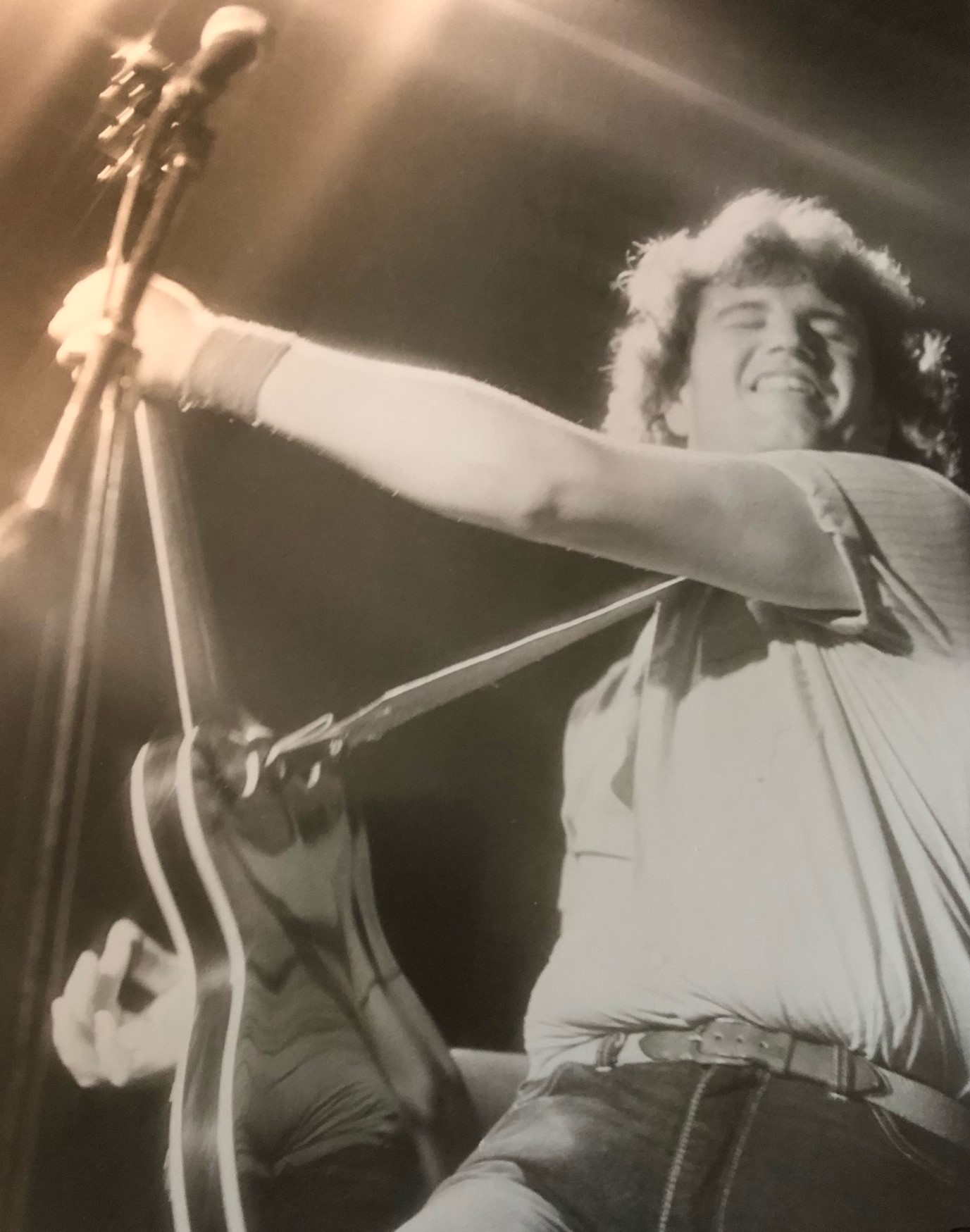
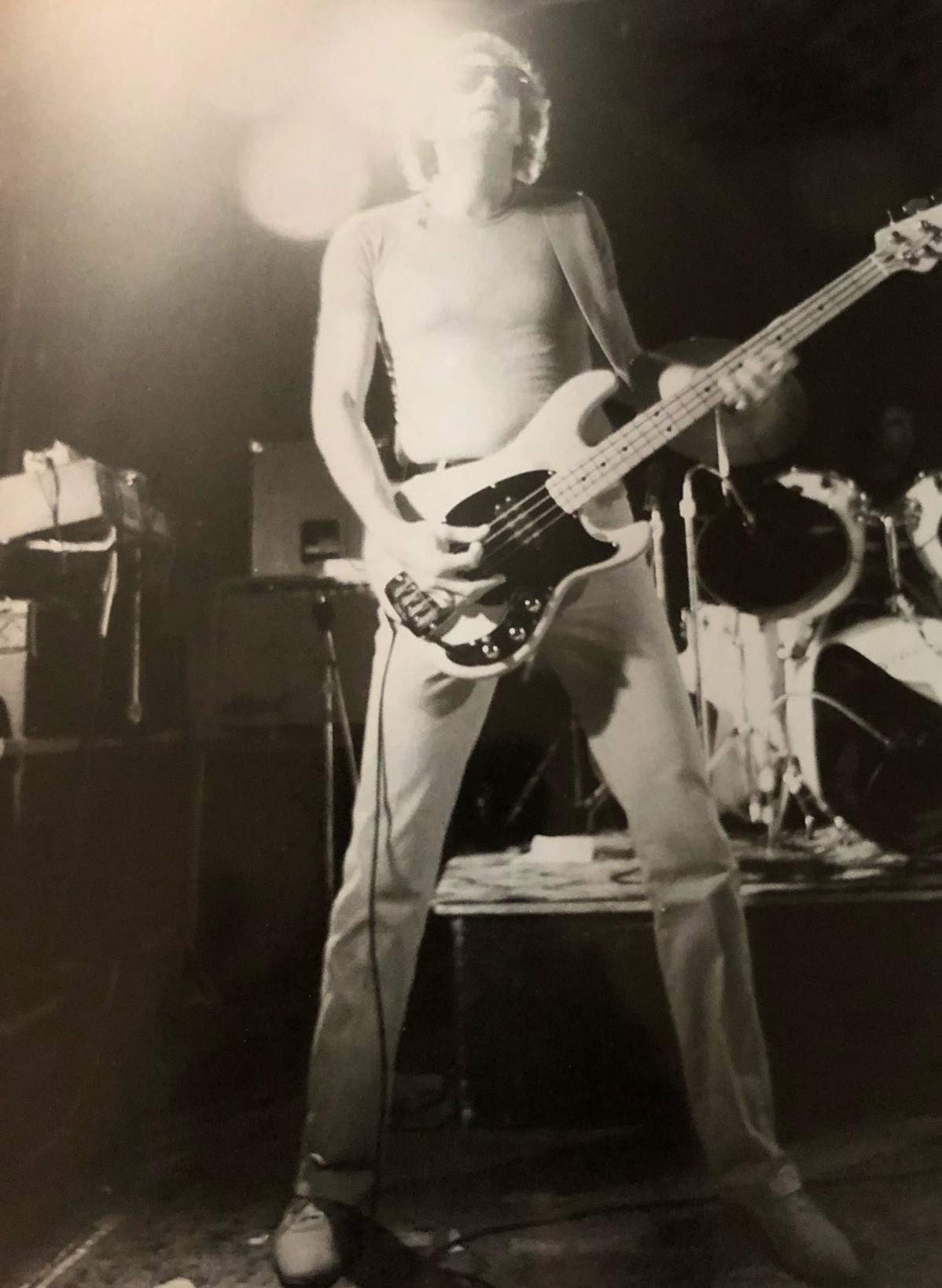
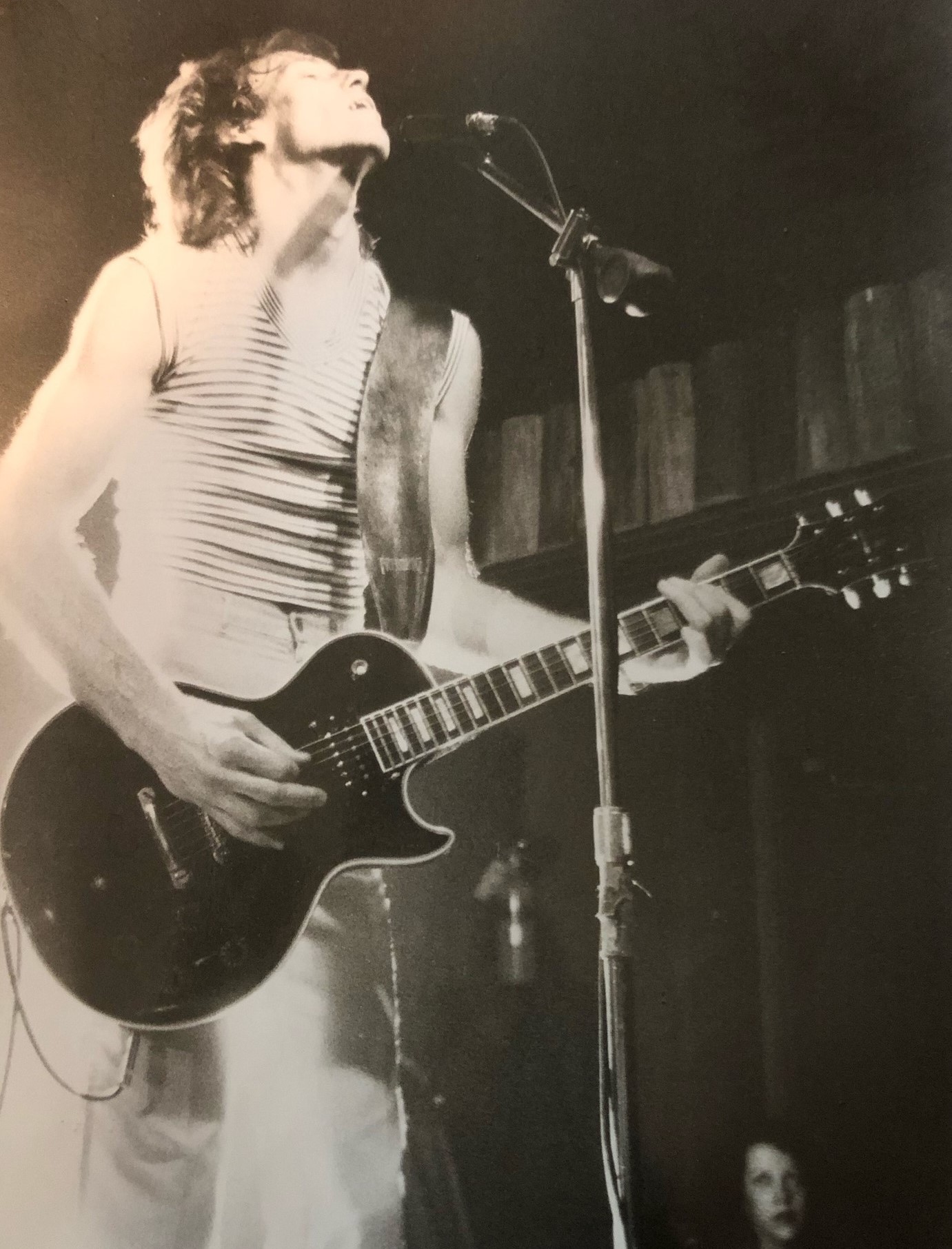
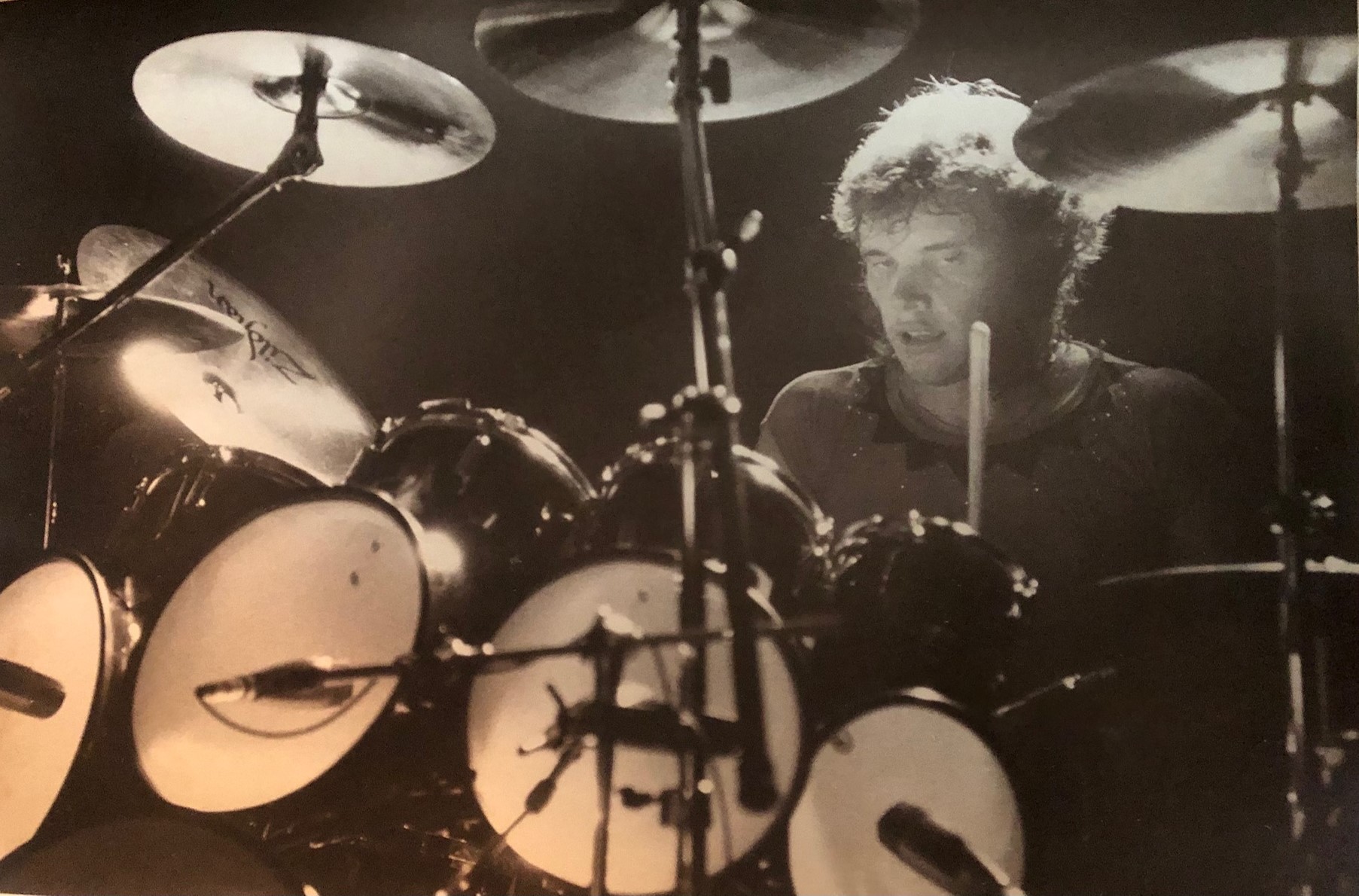
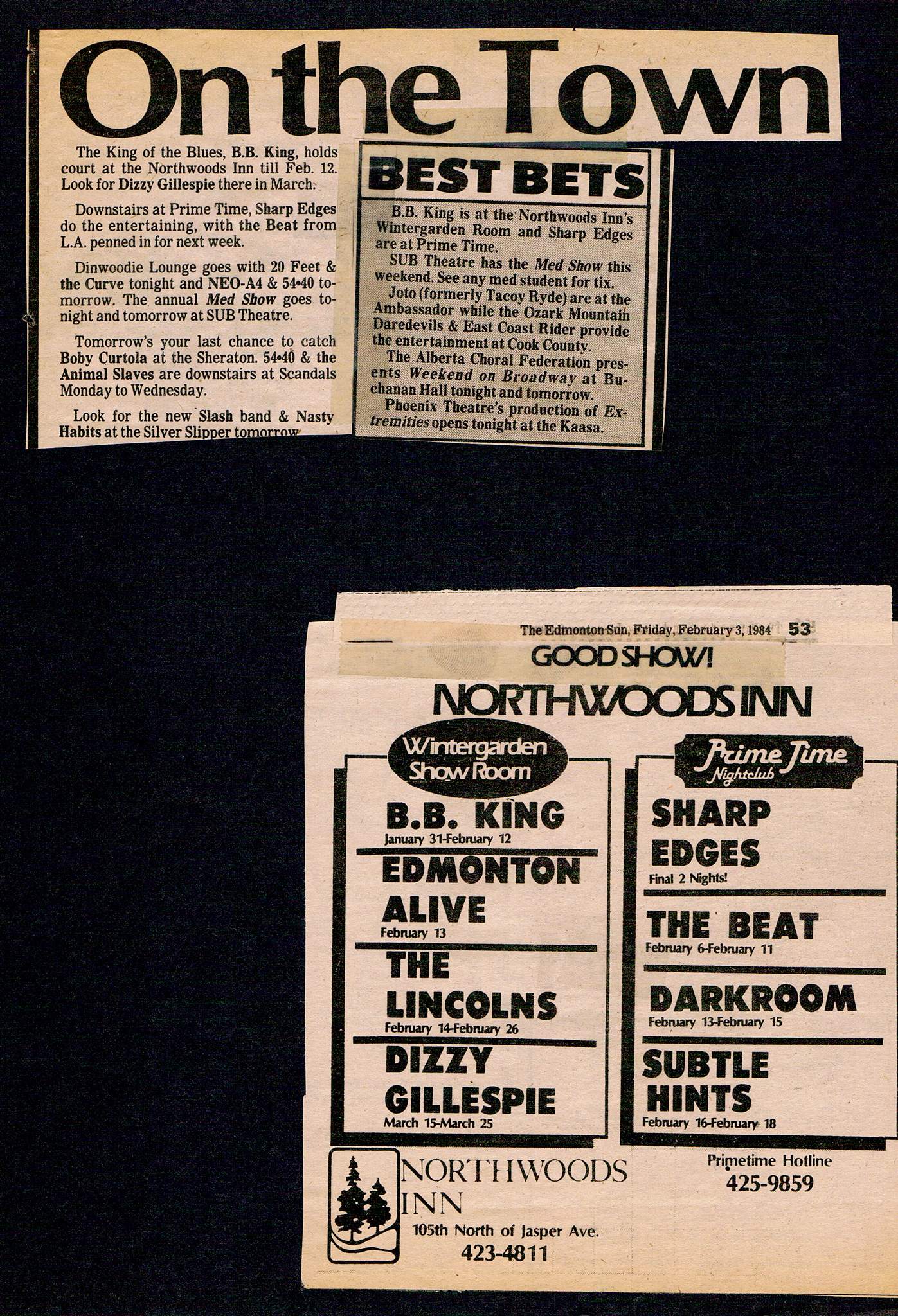
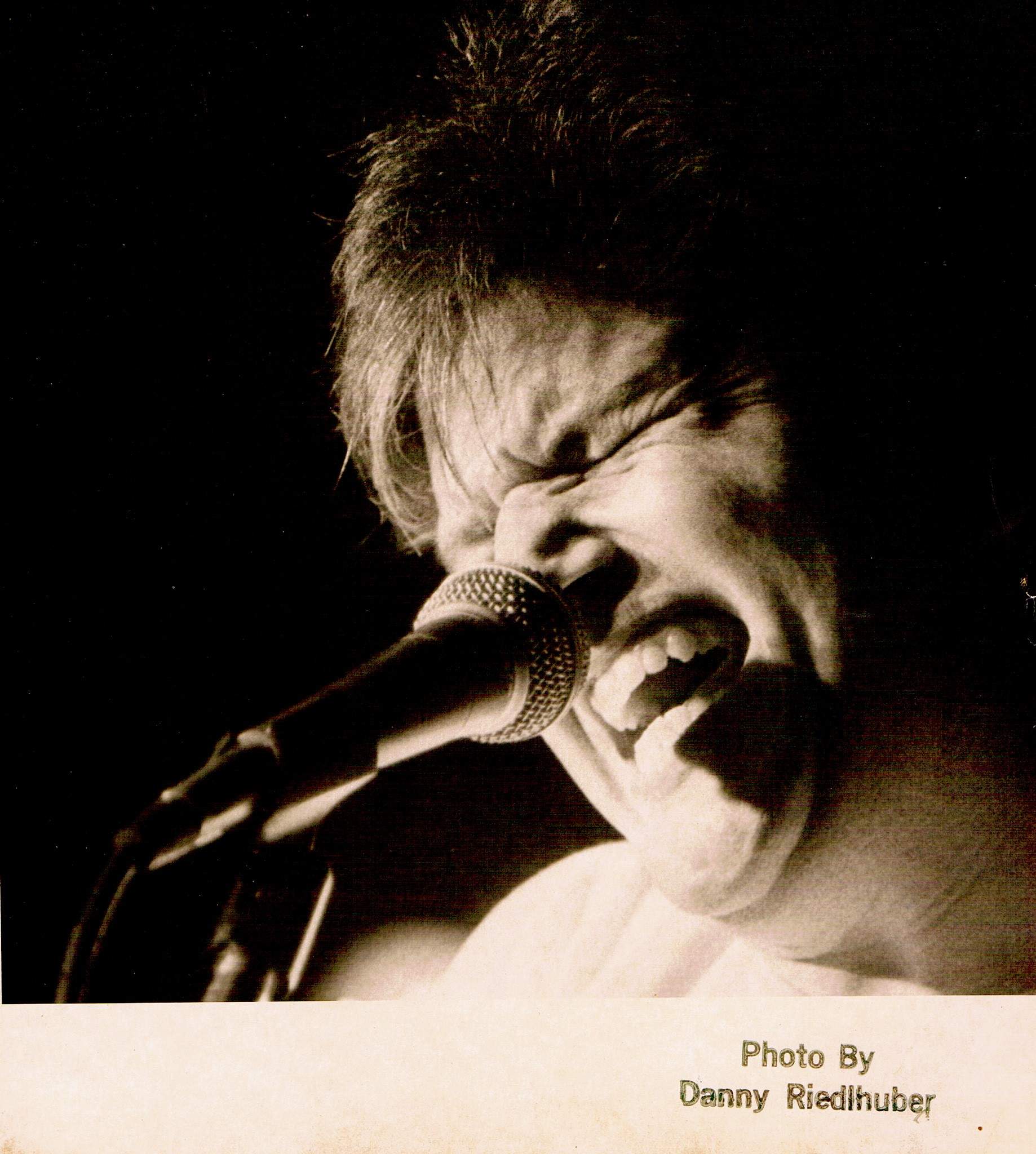
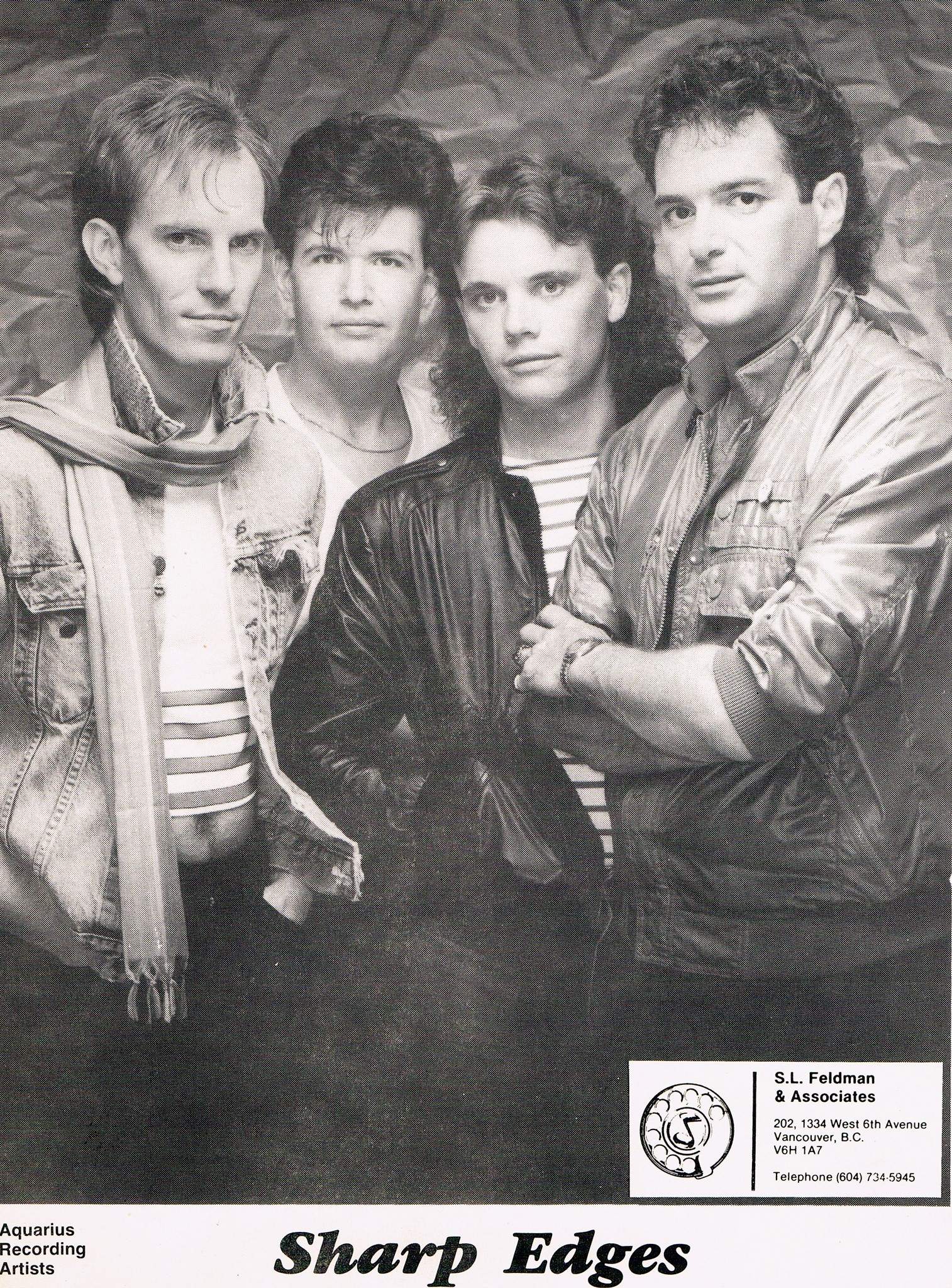
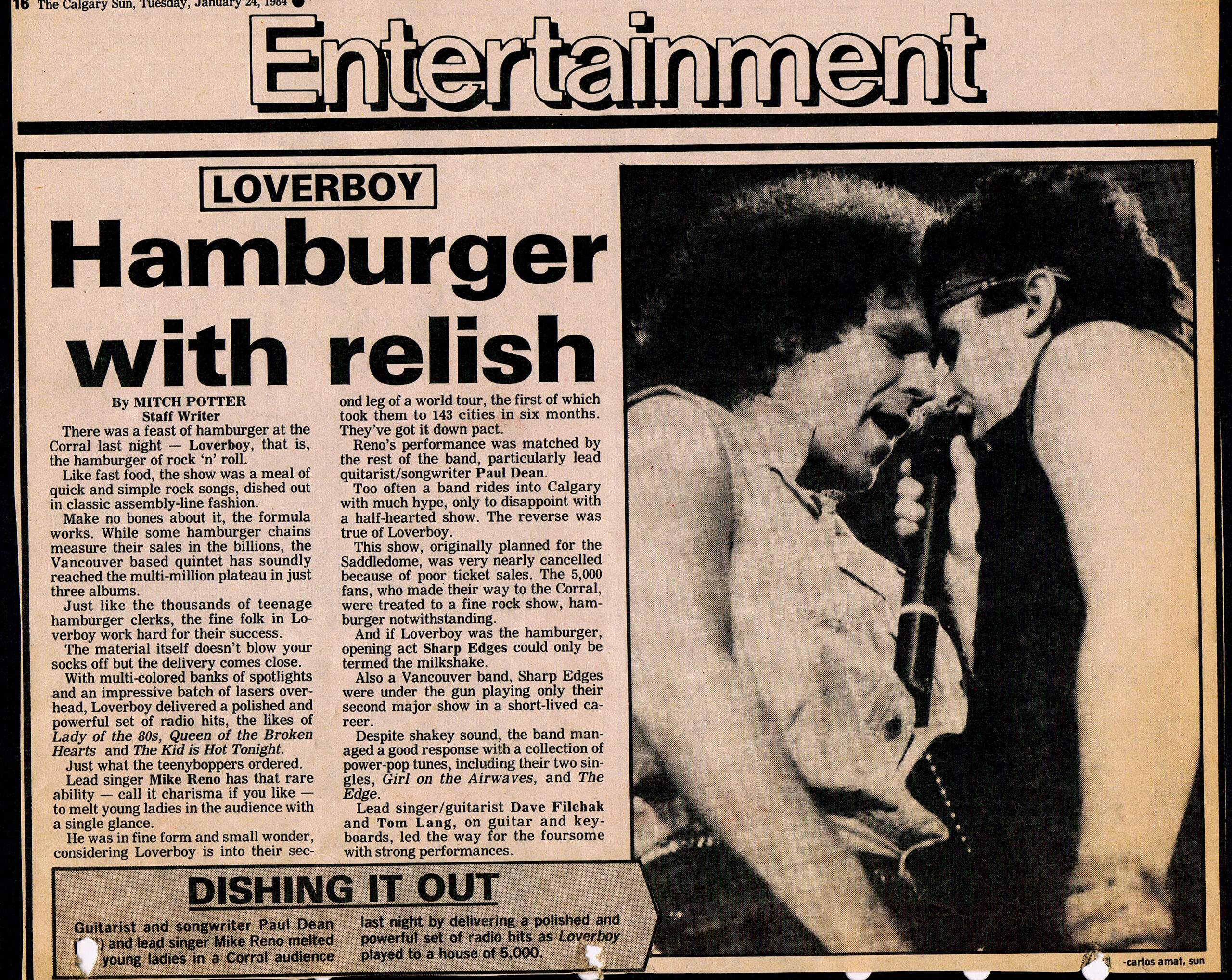
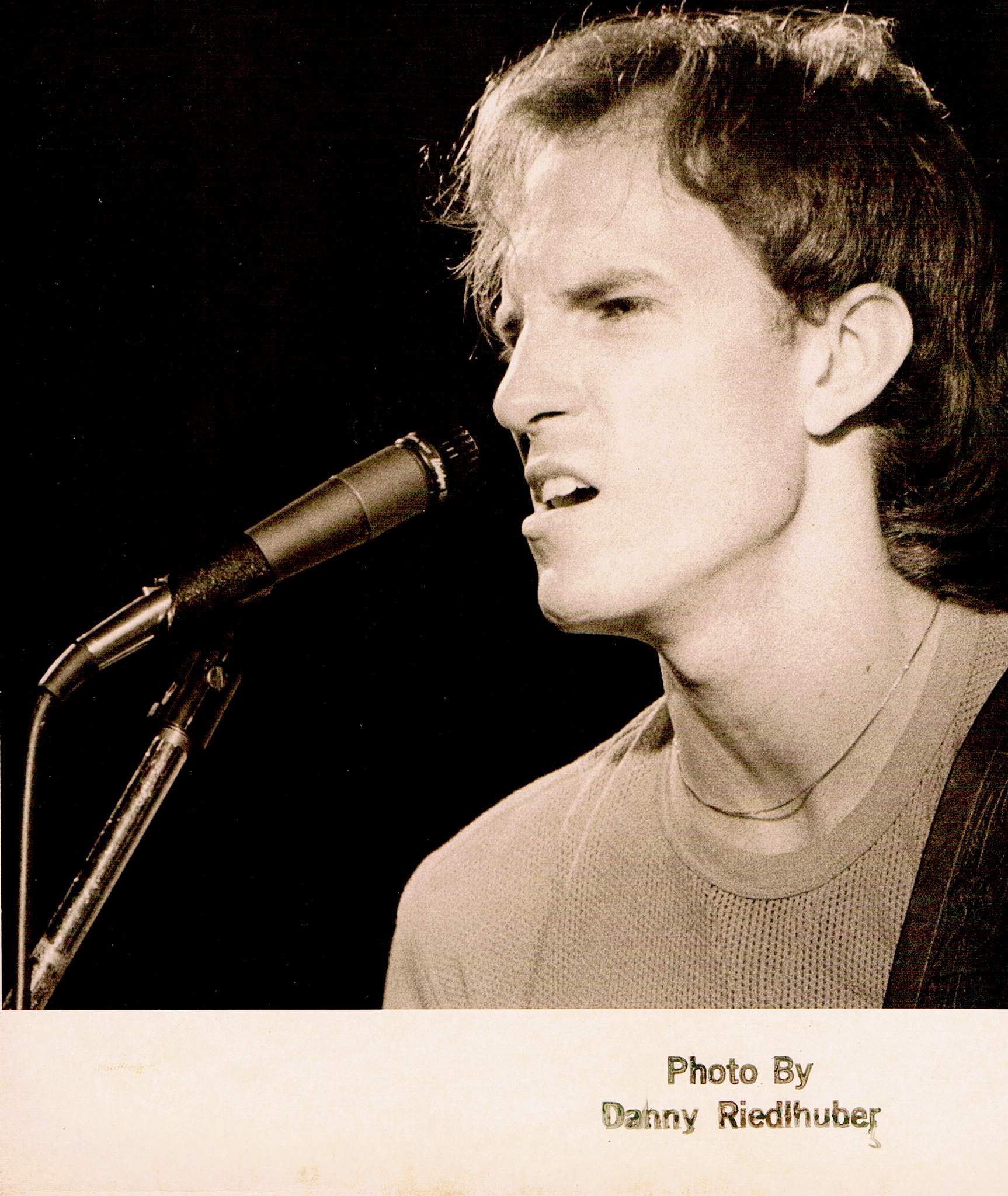
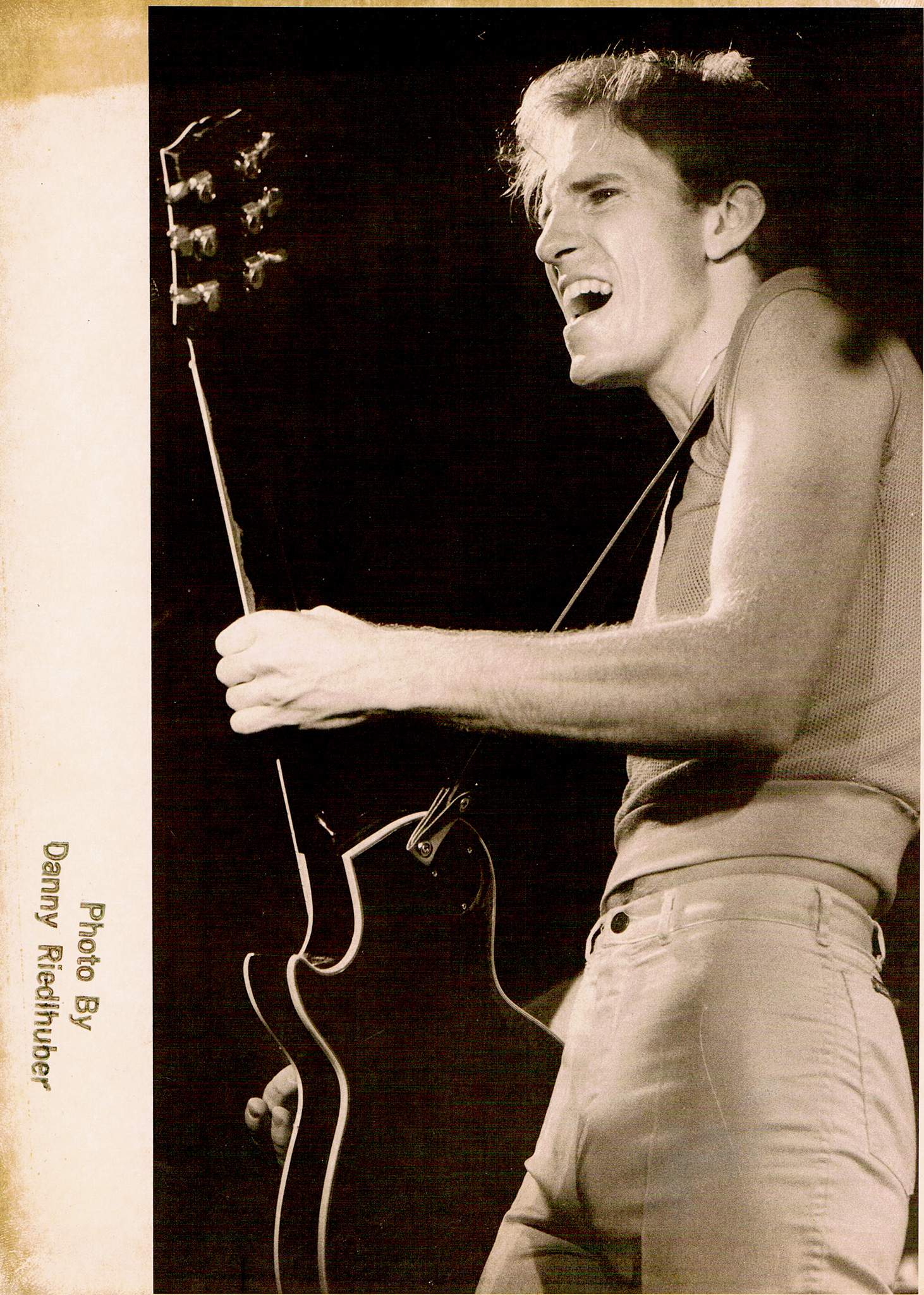
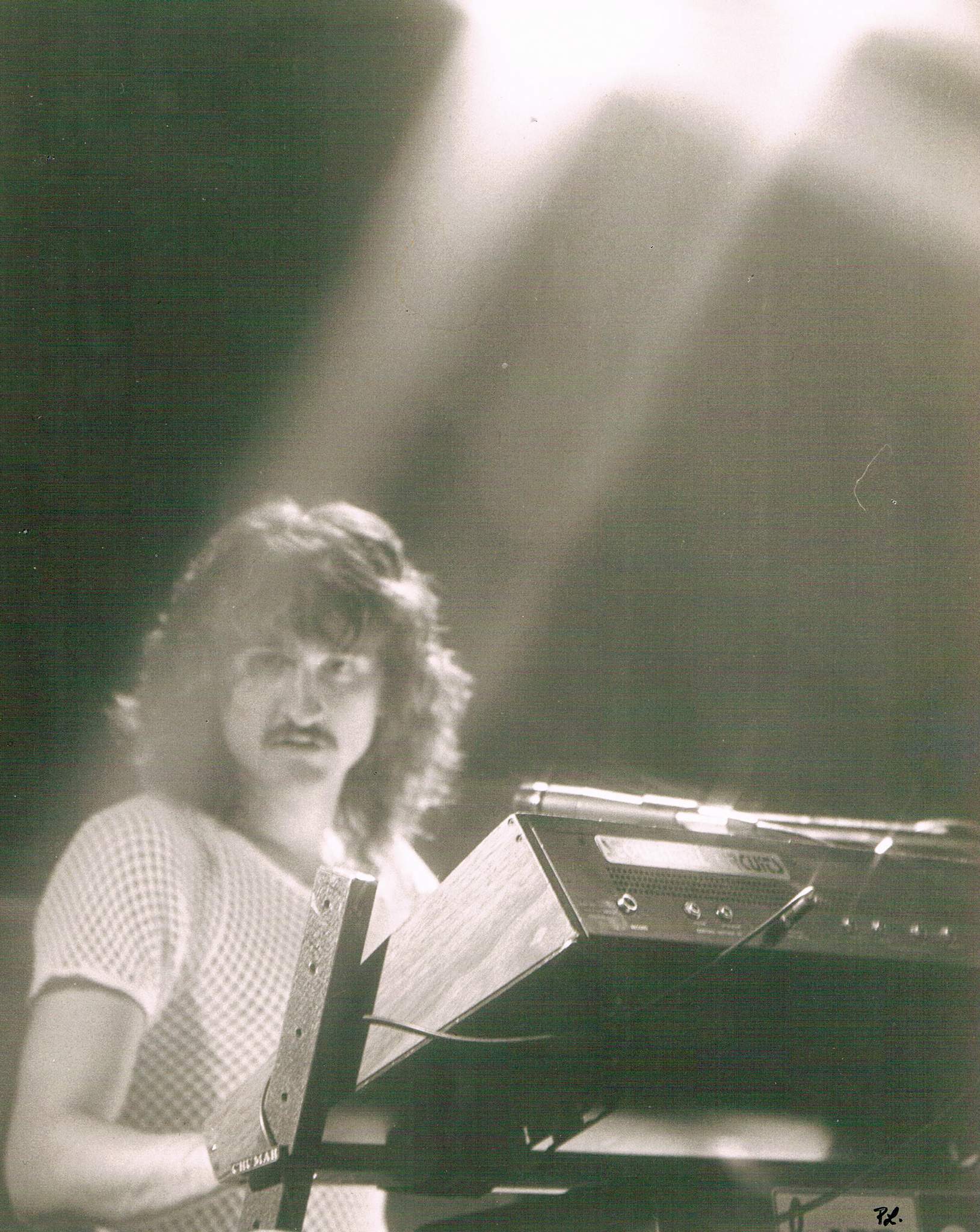
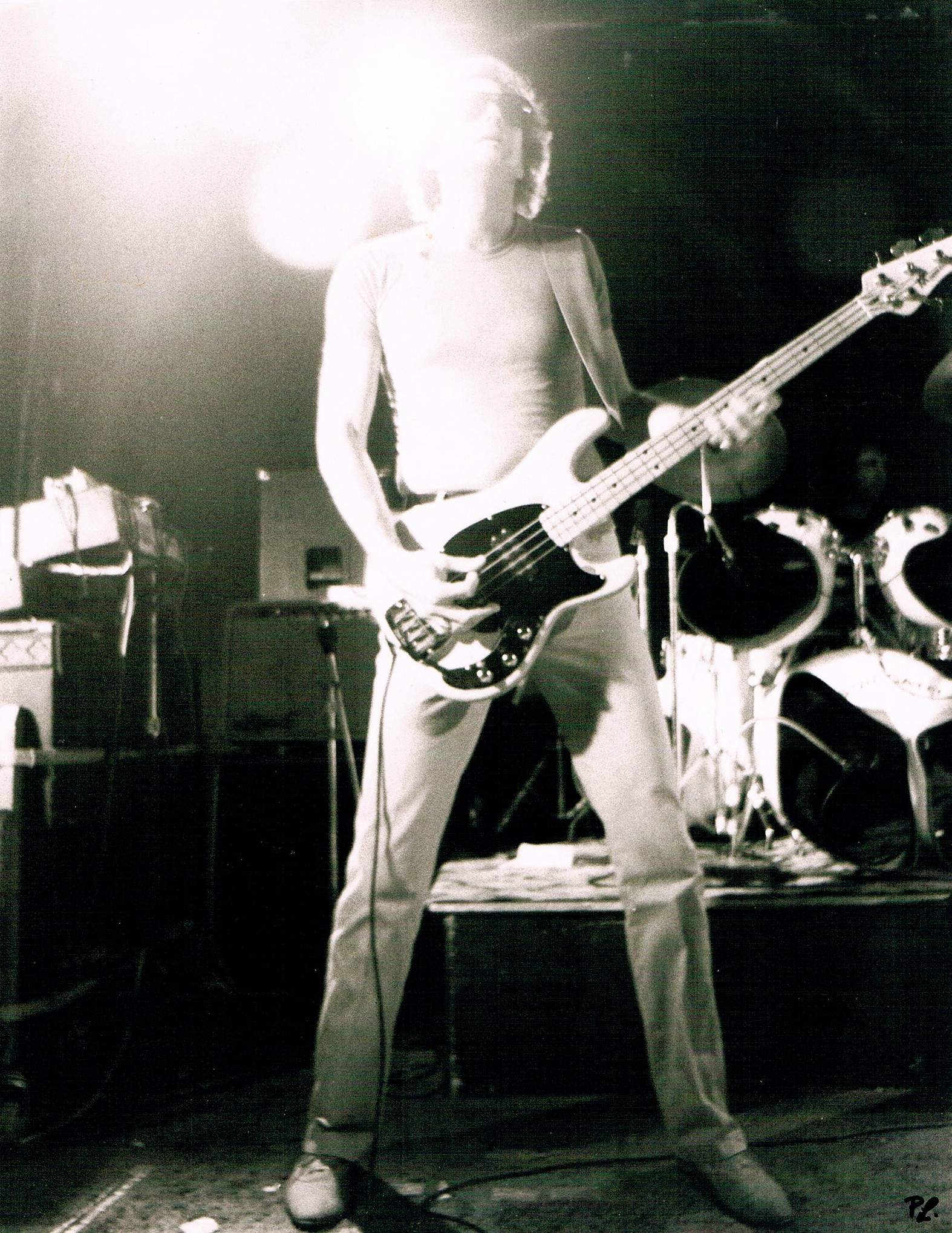
Would you like to tell us about some of the original background, where did you grow up and what initially influenced you?
Well, I grew up in a small city in southern Alberta, Canada. City was only about 30K people so it was rather smallish. Being the age I am, I grew up listening to artists like Jimmy Rogers, The Platters, The Four Tops, Johnny Horton, Elvis Presley, The Everly Brothers, Bill Haley and the Comets … A pretty eclectic bunch. Then out of nowhere (seemingly) the Beatles hit and that blew my creative mind. Then Rolling Stones, Jimi Hendrix Experience, Led Zeppelin … and on from there. I was very fortunate, I think, to grow up during that time. I believe these to be some of the greatest changes in popular music in history. But for me, at least, this variety made me the type of songwriter I am. I write in a variety of styles so I have always had trouble saying what genre I write in. I have given up on that. I just write.
What were some of the bands you had before Moses, to which we will get later, did any of those record anything? Is there any unreleased material left?
Well, my first band was in high school. A band called Modification. We played Lovin’ Spoonful, The Rolling Stones, The Beatles … current music of the day. Several other bands followed, Just Black, Whipped Cream, Billie Nichol … probably others I am missing. There are records around but no official major label releases.
There must have been quite a scene there?
Well, the city I lived in, Lethbridge, had an amazing music scene that I have not experienced anywhere else I have lived. As I mentioned earlier, it was a small city but there were a dozen bands playing constantly, either in clubs or bars or throwing their own gigs in halls all over the area. Anywhere we could play. And people came out to see and support them. And travelling acts came in around the country and played, and the people went out and supported them too. It was quite amazing really.
Can you elaborate on the formation of Moses? Who were other members of the band?
Most of the eventual members of Moses knew each other, at least casually, before Moses was formed. We were all playing in other bands or pursuing other music endeavours. But we all admitted that at some point in time, we would like to try something together. Finally, the timing just worked out and we got together to start jamming and get a feel for where that could take us. The original people were: Lynn Johnson on guitar, Jim Williams on bass, a California export, Eric Geisreiter on drums and myself, also on guitar. Eventually, Eric left for personal reasons and we hired Randy “Skid” McCann to replace him. Turns out it felt good and sounded good. Our original vision was always to write most of our own material, with the odd exception for a cover song or two that we liked. So, this was back in the early seventies, maybe 1971. We kept writing and playing throughout Alberta, adding more material, getting better.
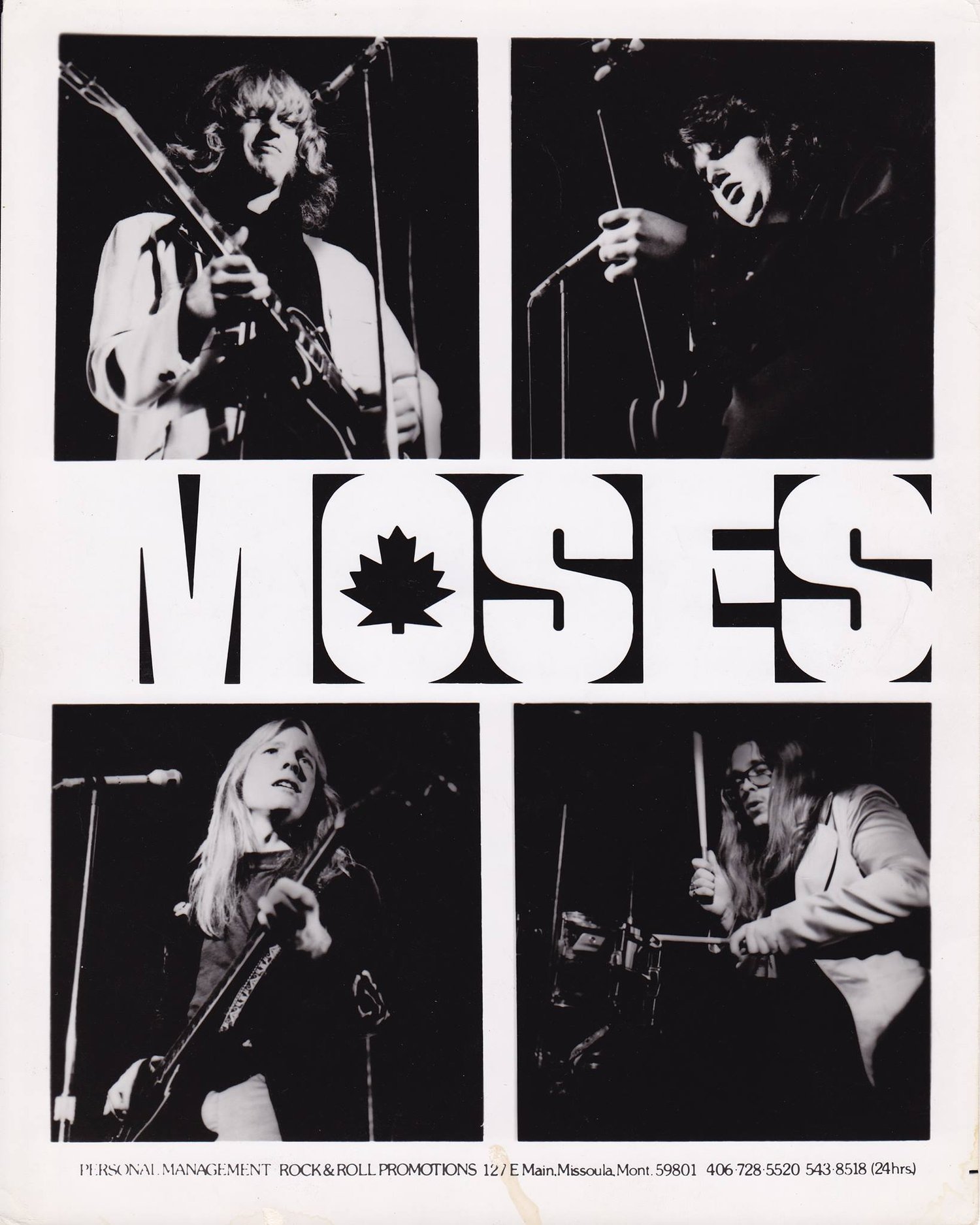
Where did you record the ‘Whatcha Gonna Do Now’ / ‘Heebners’ Blues’ single? What do you remember from writing those tracks? Was the single self-released with the purpose to send it to the local stations?
We recorded that single on the Good Music label at Pumpkin Studios by Gary Louizzo in Chicago Illinois. Gary was the lead singer in a band called American Breed who had a hit (at least in North America) called ‘Bend Me Shape Me’. Members of American Breed went on to form Rufus with Chaka Khan. Gary also recorded Cheap Trick and Styx in that studio.
‘Heebner’s Blues’ was written by Lynn about an old 53 Chevy red truck we used to haul around back in the early seventies. We partied pretty hard in that truck and it had a personality all of its own. So, ‘Heebner’s Blues’ was also ‘AKA 53 Chevy’. I wrote ‘Whatcha Gonna Do Now’ somewhere around 1974/75, I think. Kind of vague on that one.
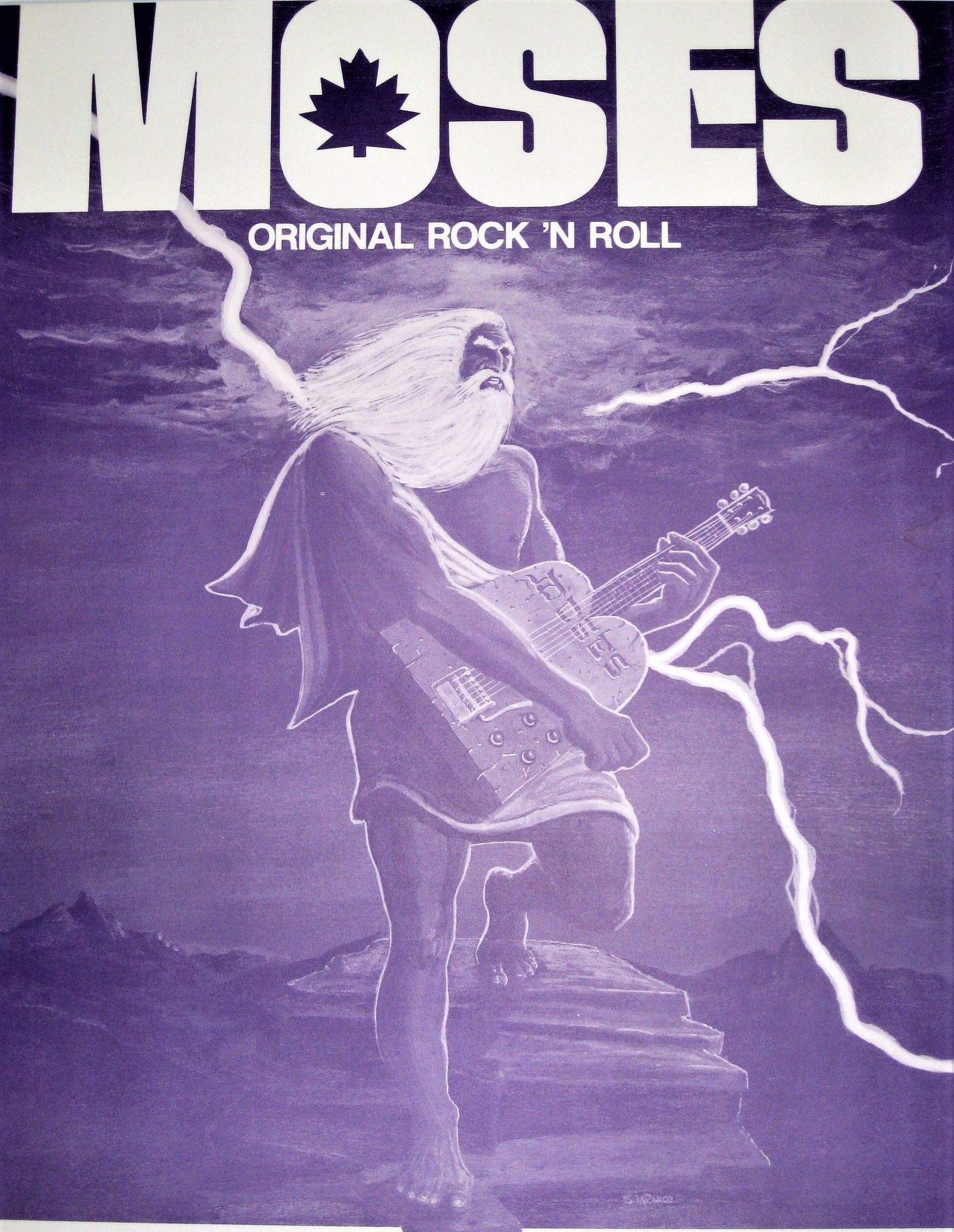
That single was released for radio play and promotion. And, at the time, we were trying to sign with Mercury Records, which unfortunately, went out of business not long after.
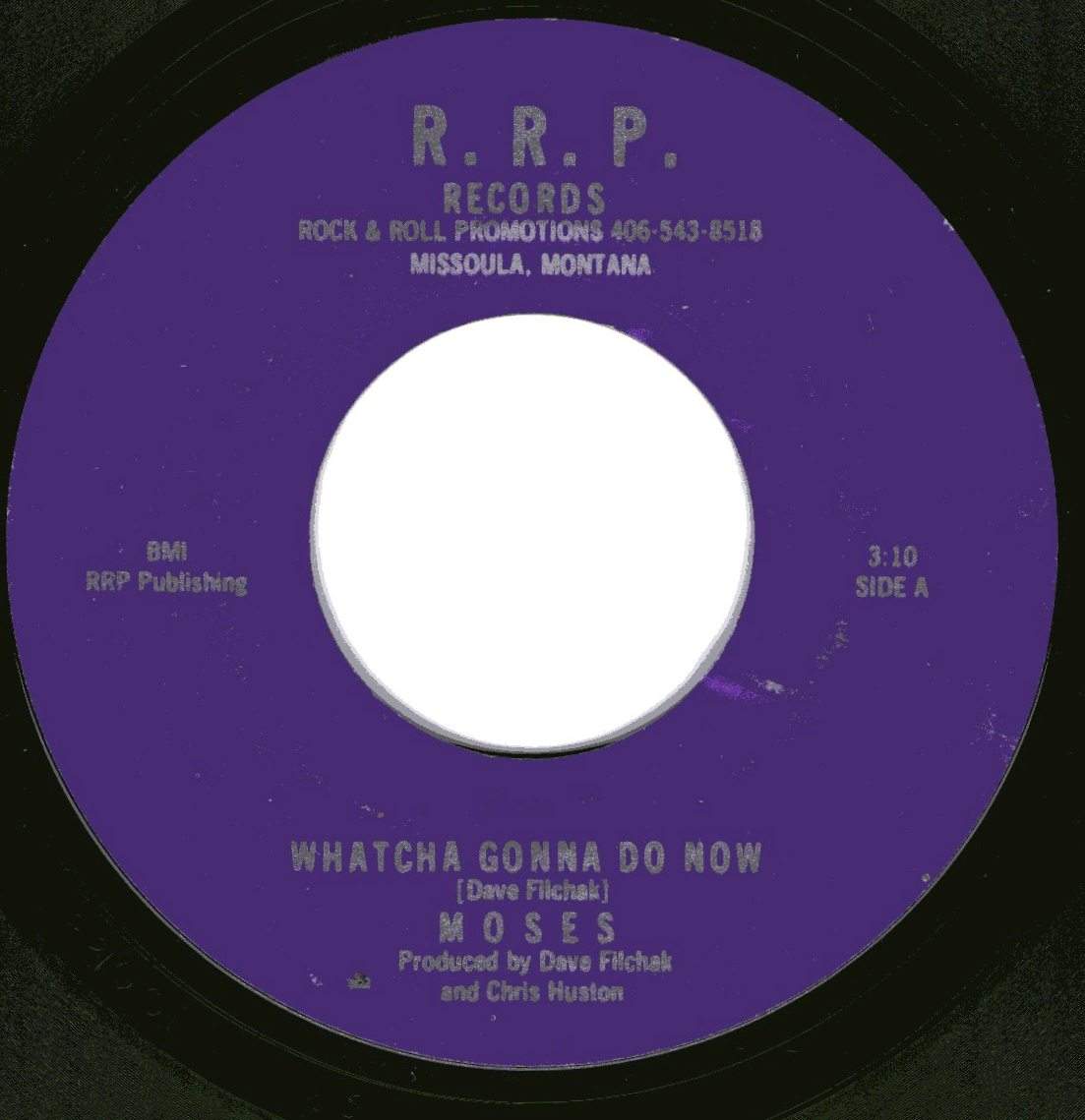
What kind of gear and instruments did you have?
In Moses? Wow, you are really asking me to stretch my memory. Well, we had, for the time, pretty good equipment and a lot of it. Lynn and Jim, I think both played through Sunn amps, I was playing through two GBX amps and a 147 Leslie, we had Altec Lansing PA and 200K of lights on Super Genies and a carbon arc follow spot. For the time, a pretty extensive setup. Lunn played a lovely Gibson “Black Beauty” Les Paul, Jim played an EBO Bass and then switched to a Fender Precision, and a Gibson Hummingbird for our acoustic set. I played Hagstrom, Gibson ES-335 guitars and Martin D-28 acoustic. Vaguely correct I believe.
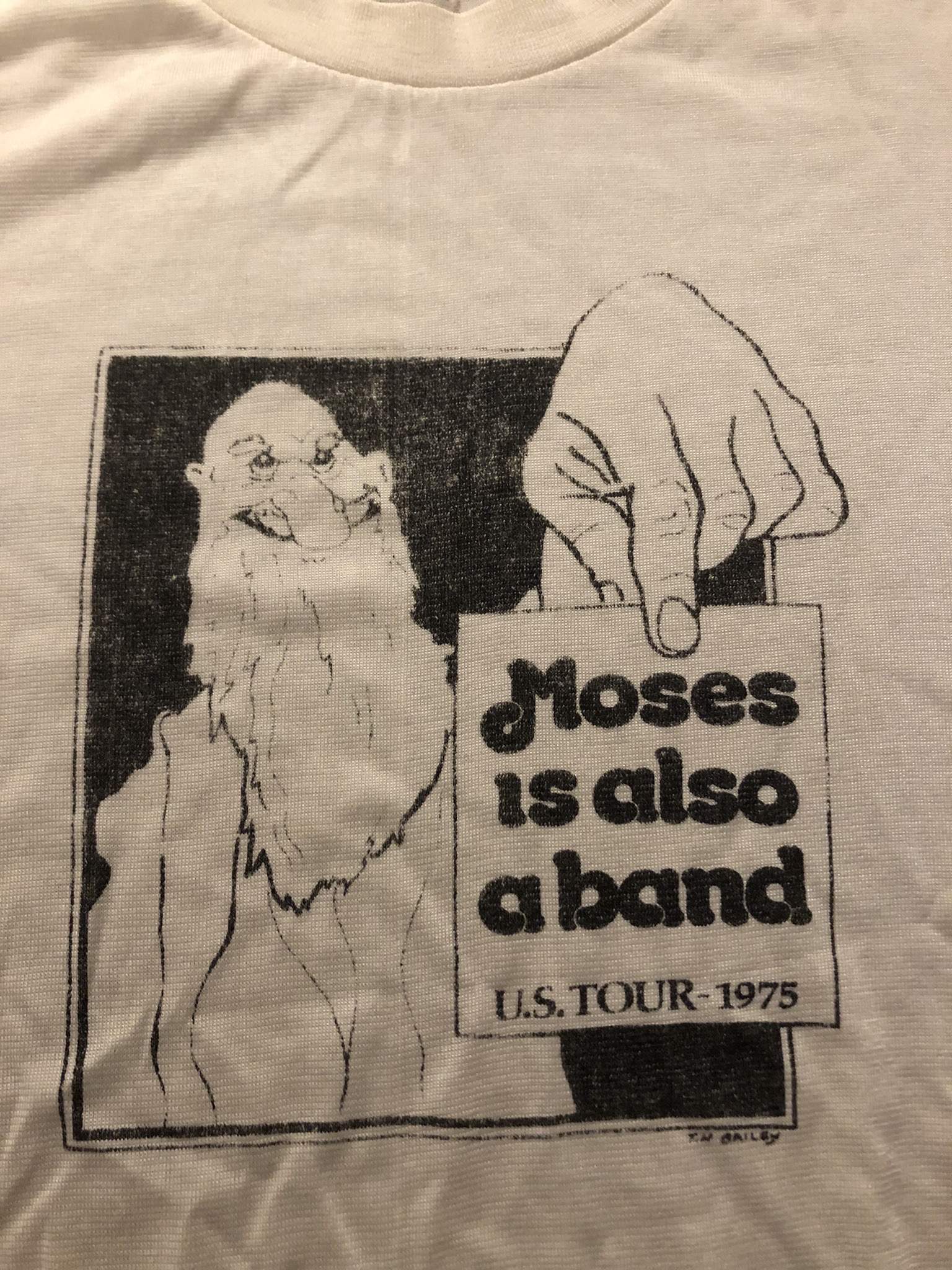
The band went on to tour, but it’s strange how scarce information about it. Would you like to share where those tours lead you and what are some bands you shared stages with?
Well, there was no Internet, no Social Media back then so, it is not really all that surprising that there is not much info on the internet and social sites now.
After playing around Alberta for a year or so, we hooked up with a major promoter from the area, Ron Sakamoto, and he booked our first tour in the USA in 1973. I was in university at that point and left to go on tour. We eventually hooked up with the Good Music Agency in the states, and Doug Brown, who managed us throughout our existence as Moses. We toured ten months out of every year, hundreds of thousands of miles, non-stop for the next five years. We originally based ourselves out of Missoula Montana, touring the northwest United States and all of the states along the Canada US border (those were affectionately known as the highway 2 border bug tours). Eventually, we ended up basing out of the Minneapolis/St Paul Minnesota area, then Seattle and finally ending up in Los Angeles in 1976. As I said, we did hundreds of thousands of tour miles and toured pretty much the entire North American Continent.
Did any of you experiment with psychedelic substances since you were part of the counterculture scene?
Yes.

In 1978 I believe you self-released ‘End Of The Line’. How many copies were pressed and what can you tell me about the material?
Well, I owned Southern Sound Studios at the time, I was back in my home town, and had all of these tapes from recordings we did while touring. These were demo masters, or release masters et cetera. So, I re-mastered them in the studio and compiled a compilation album of some of our more popular songs. Really a release for the fans. Again, mixed at Southern Sound and mastered at the Lacquer Channel in Toronto. I think we pressed a couple of thousand copies only. Just sold the last of them late last year to a record shop.
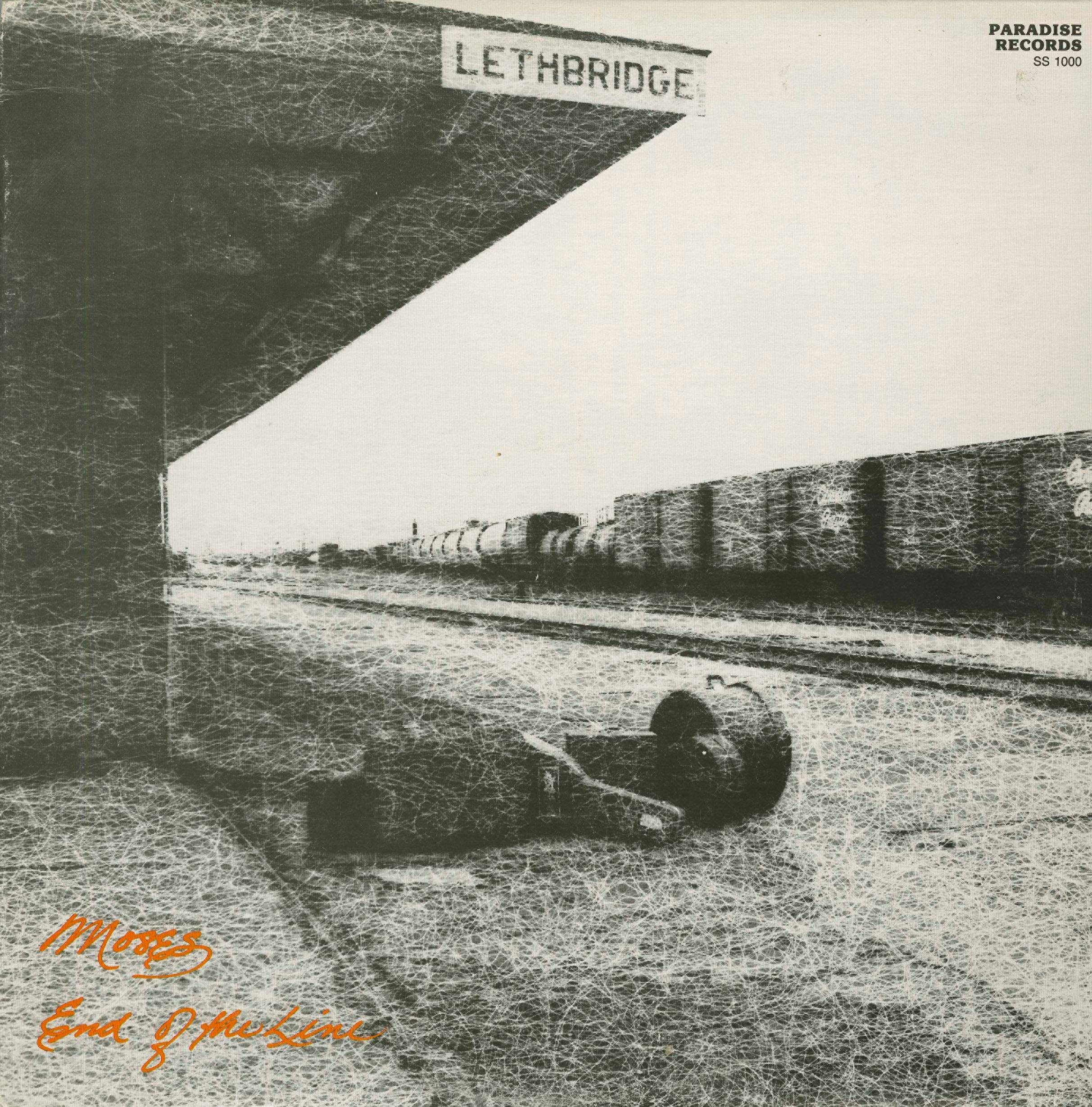
It was featured on yellow vinyl which was quite unusual at the time.
The Moses album was, yes. Yeah, I wanted to do something different, to help sell the album. No one was really doing that at the time.
The B-side really is special in my opinion…
Would you like to analyze each of the feature tracks on it?
The B side? Sure.
The side opens with ’53 Chevy’, AKA ‘Heebner’s Blues’. I explained this one earlier so enough said I believe. Next up is ‘Promenade’. This is a song I wrote about my first wife when we were trying to maintain a very long-distance relationship and all the various things we had to do to keep that together. What happens on the road and all of that. That was not always easy. Next up is ‘Sit Down’. This is a song about some of the people you meet when in a touring band who always seem to know a better way you should be doing things, saying things etc. It can sometimes get very tiring. ‘Waistin’ My Time’ was a song I wrote with our bass player Jim Williams (RIP). His lyrics, my music. The song, as far as I know it, was about his marriage. I believe they were having some issues at that time. Hard to maintain relationships under the conditions we were living under.
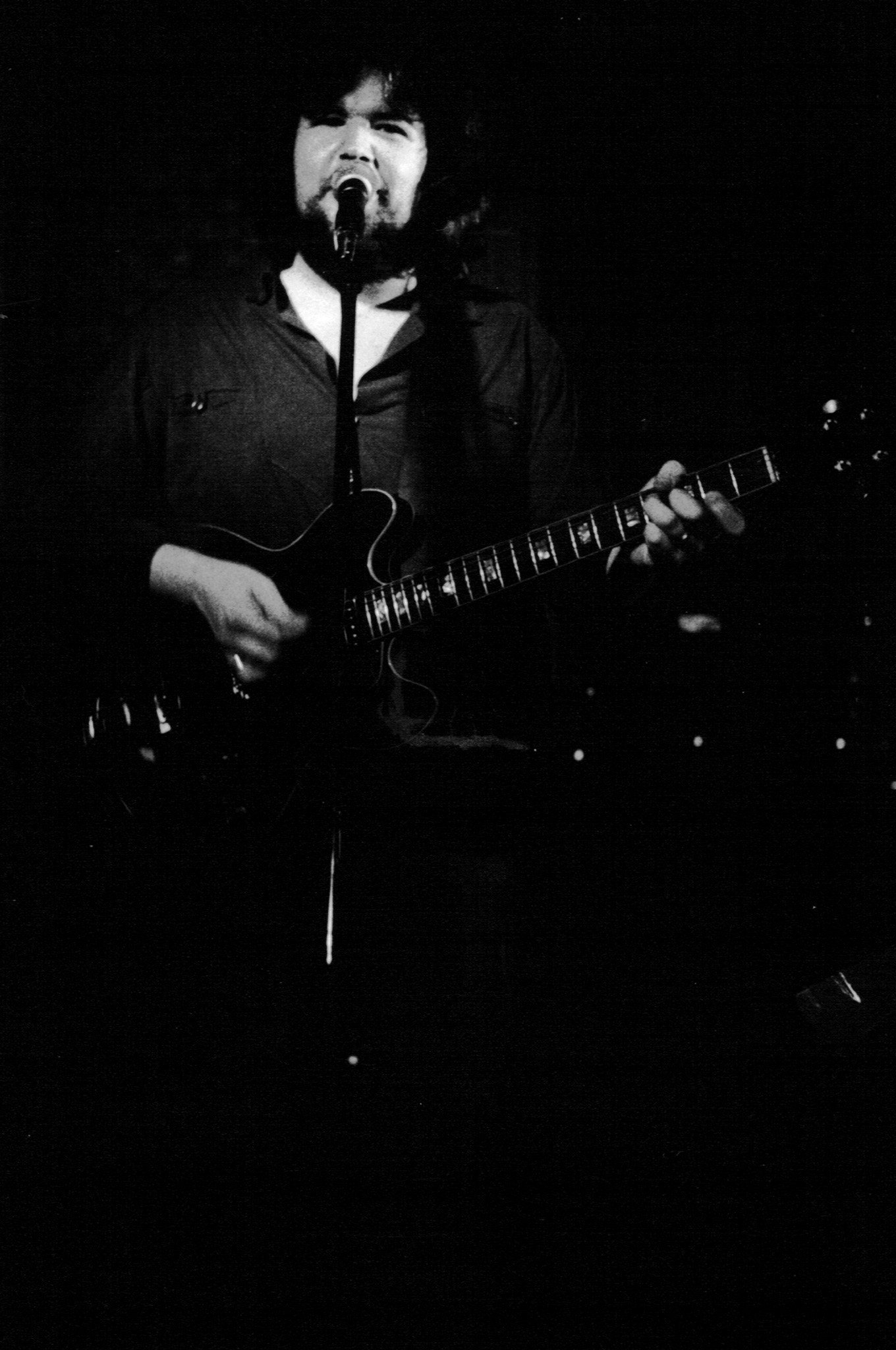
‘Comin’ On Strong’ was a dance song. We played quite a lot of rock and sometimes odd figures so, I wanted to write a dance song to help get people out of their seats. Lyrically it was a pep talk to us as a group to keep focused and to keep pushing for our common goal. This was also the first time we started to use Congas in our music.
Finally, ‘I Need You’. The title sort of explains the song pretty well. A song of mine written for my wife. My life was quite hard on her (as well as the other women in our lives) so it was a love song to my wife and probably for all the women that mattered to us.
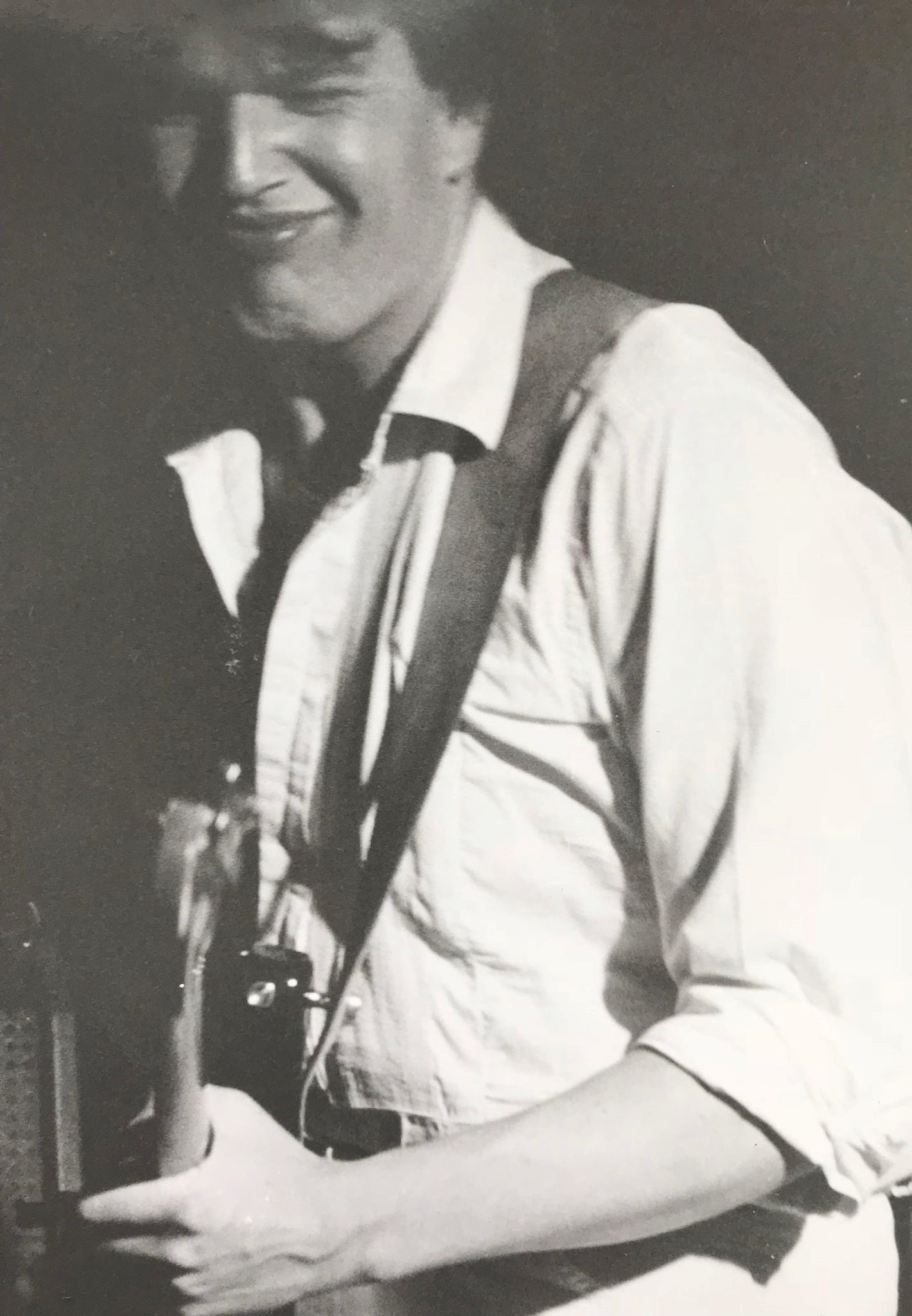
What are some of the most important players that influenced your own style and what in particular did they employ in their playing that you liked?
Well, early on, I was listening to James Burton, the guitar player with Elvis Presley, B.B. King, Freddie King, T-Bone Walker, Otis Rush. I also listened to some country and folk players like Pete Seeger and the Kingston Trio. Sometimes I did not know who I was listening to but retrospectively, I figured that out. Then, of course, George Harrison, Jimi Hendrix, Keith Richards, Jimmy Page, J. Geils. I was like a sponge, listening to everyone, all types, singers, guitar players, drummers … all of them. I think I probably listened to Hendrix and Page most intently at the beginning. They were based in blues but added the energy of rock. That spoke to me. But I was a song guy who happened to be a guitar player/singer. I think that is why I write, not so much in any specific genre. A have a wide base of influences.
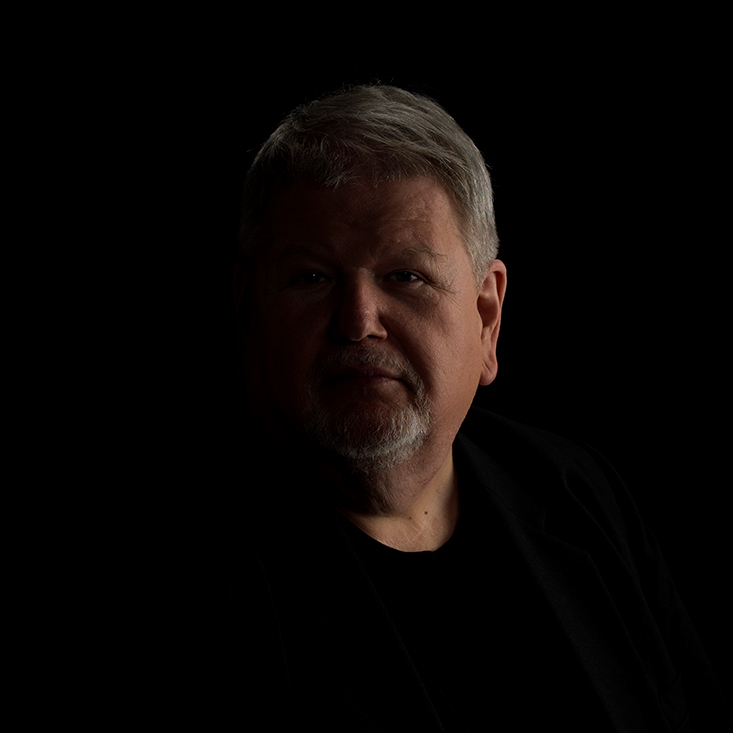
Thank you for taking your time. Last word is yours.
Well, I do appreciate the opportunity to connect with you and your followers / listeners / readers. You have really made me reach back in my history and this has been fun. I continue to write and release new material though CD Baby and on my own Zuka label. I am on all streaming sites under Dave Filchak, (Spotify) or, on my site at davefilchak.com. I invite you all to check out my latest material and to reach out and connect. I look forward to it. Peace.
Klemen Breznikar
Dave Filchak Official Website / Facebook / Instagram / Twitter / Bandcamp / YouTube
Zuka Media Production Official Website / Facebook

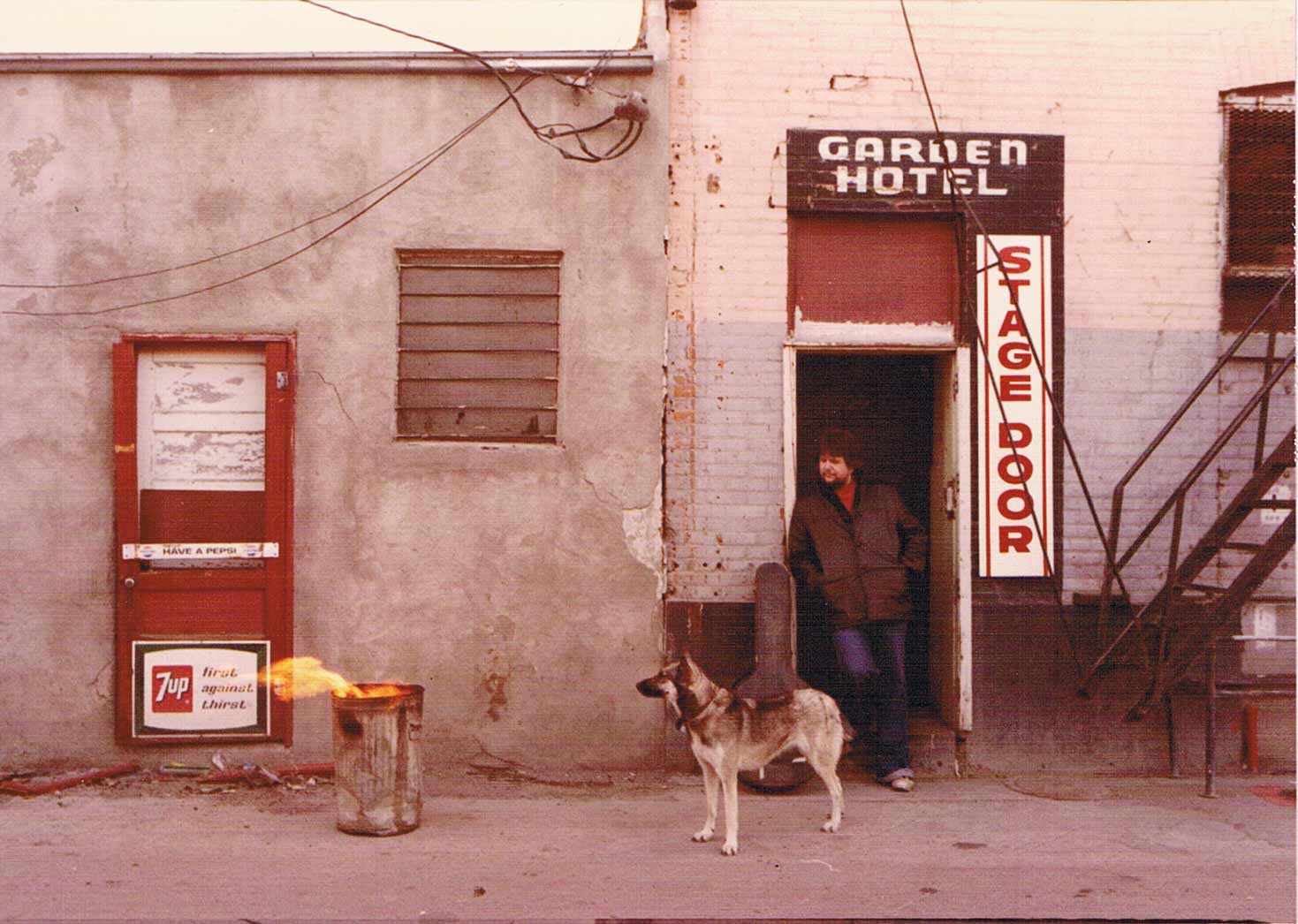
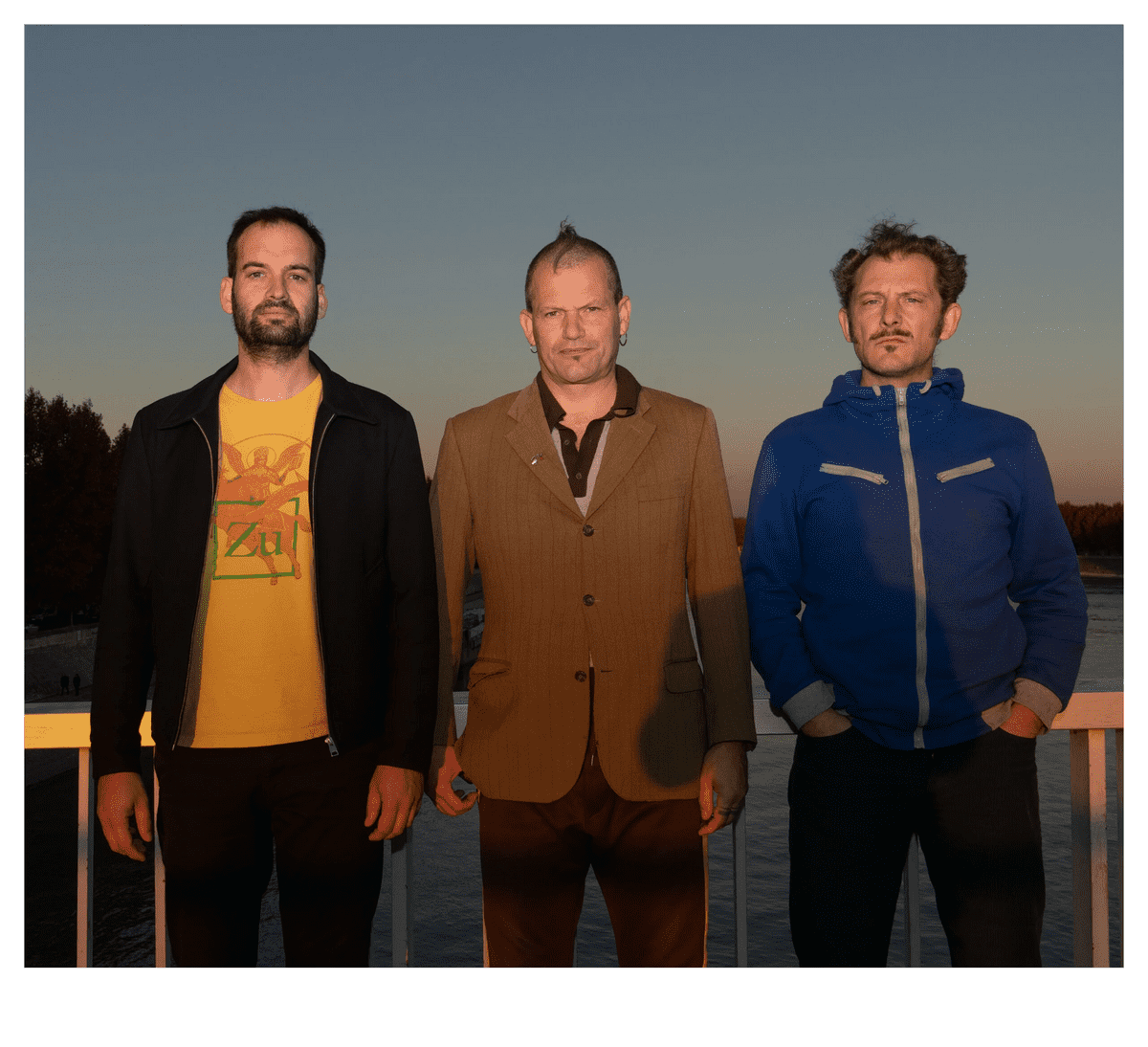
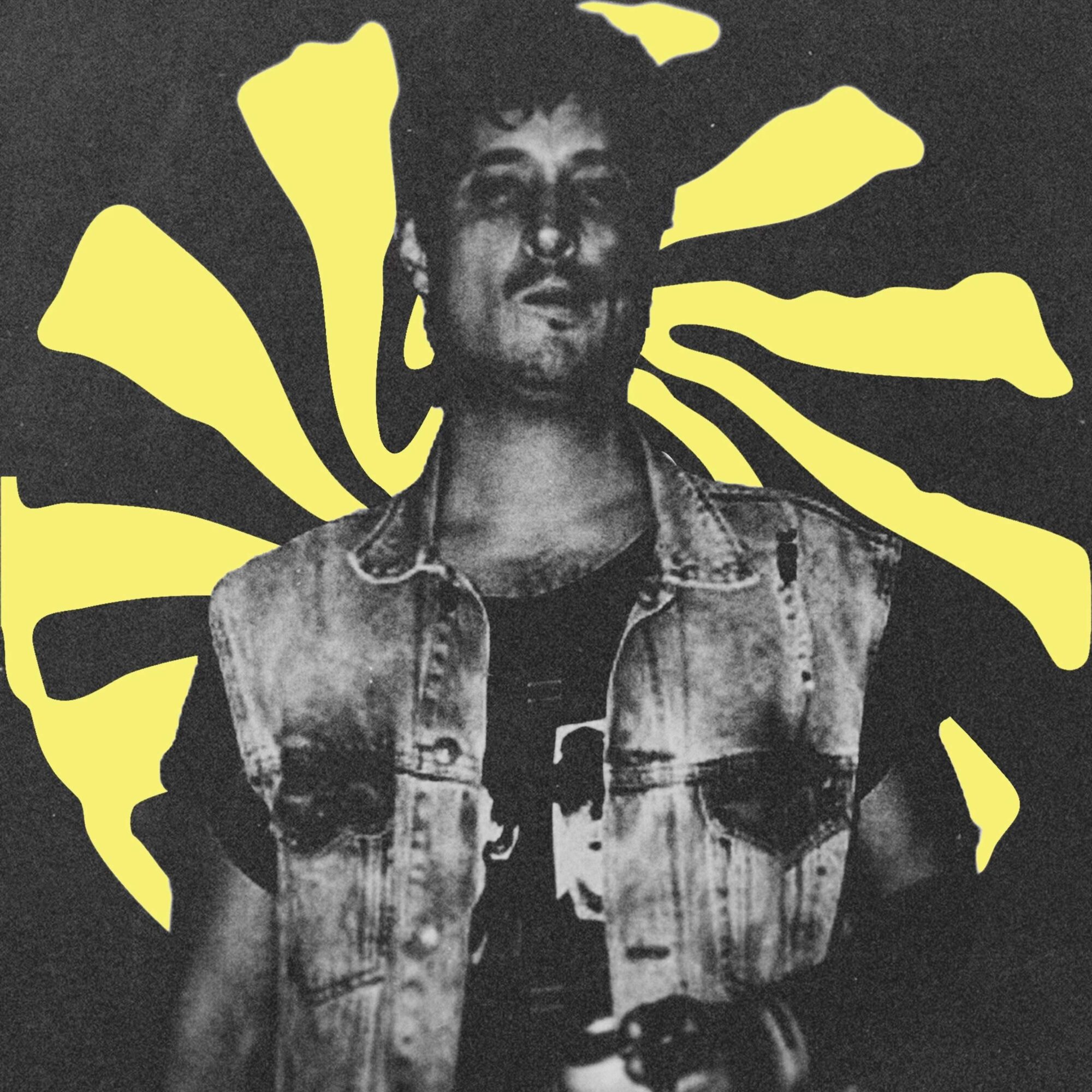
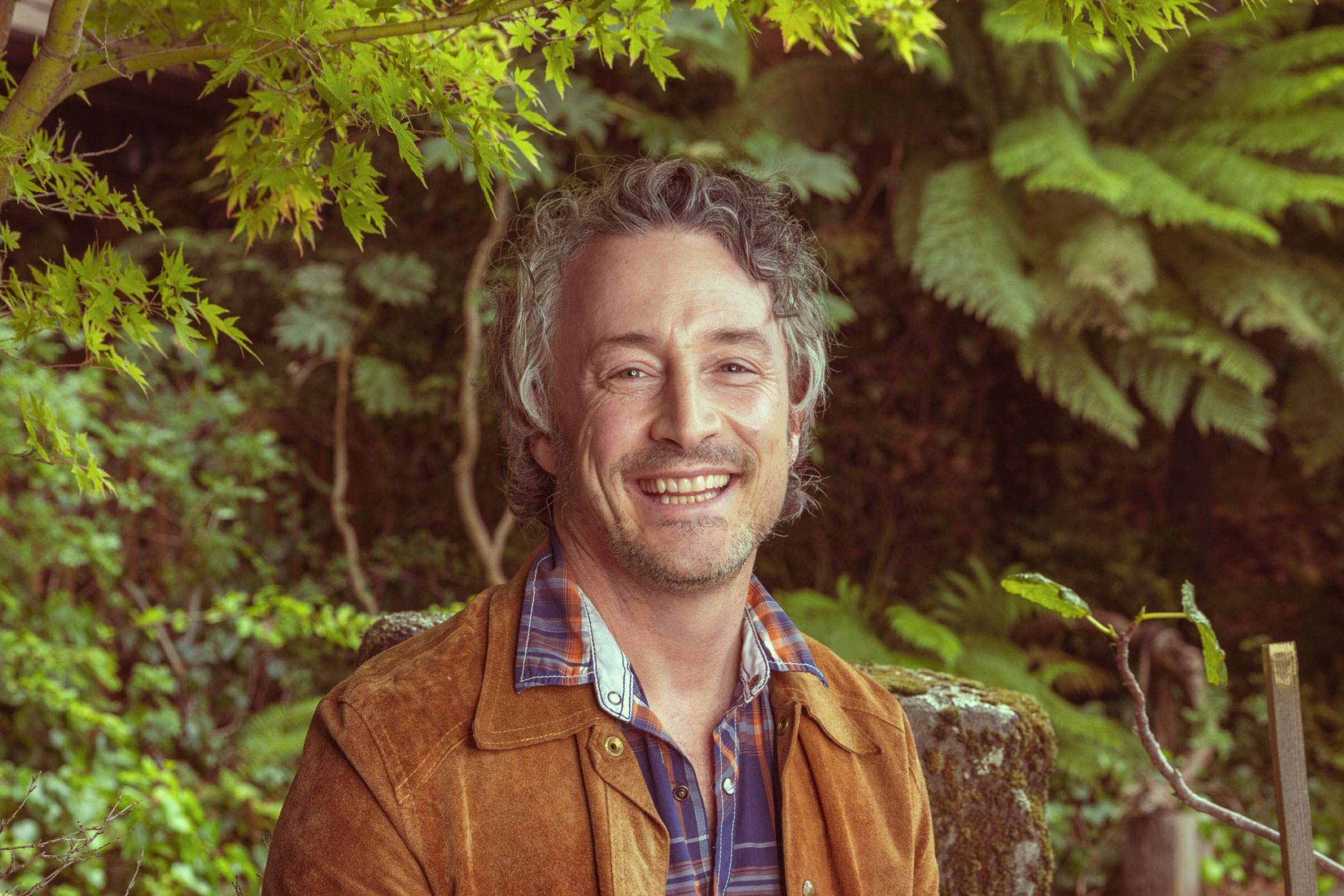
Fabulous interview Dave. Takes me back to my teen years & early 20s. Great memory as well, love the photos. I know your creativity will continue